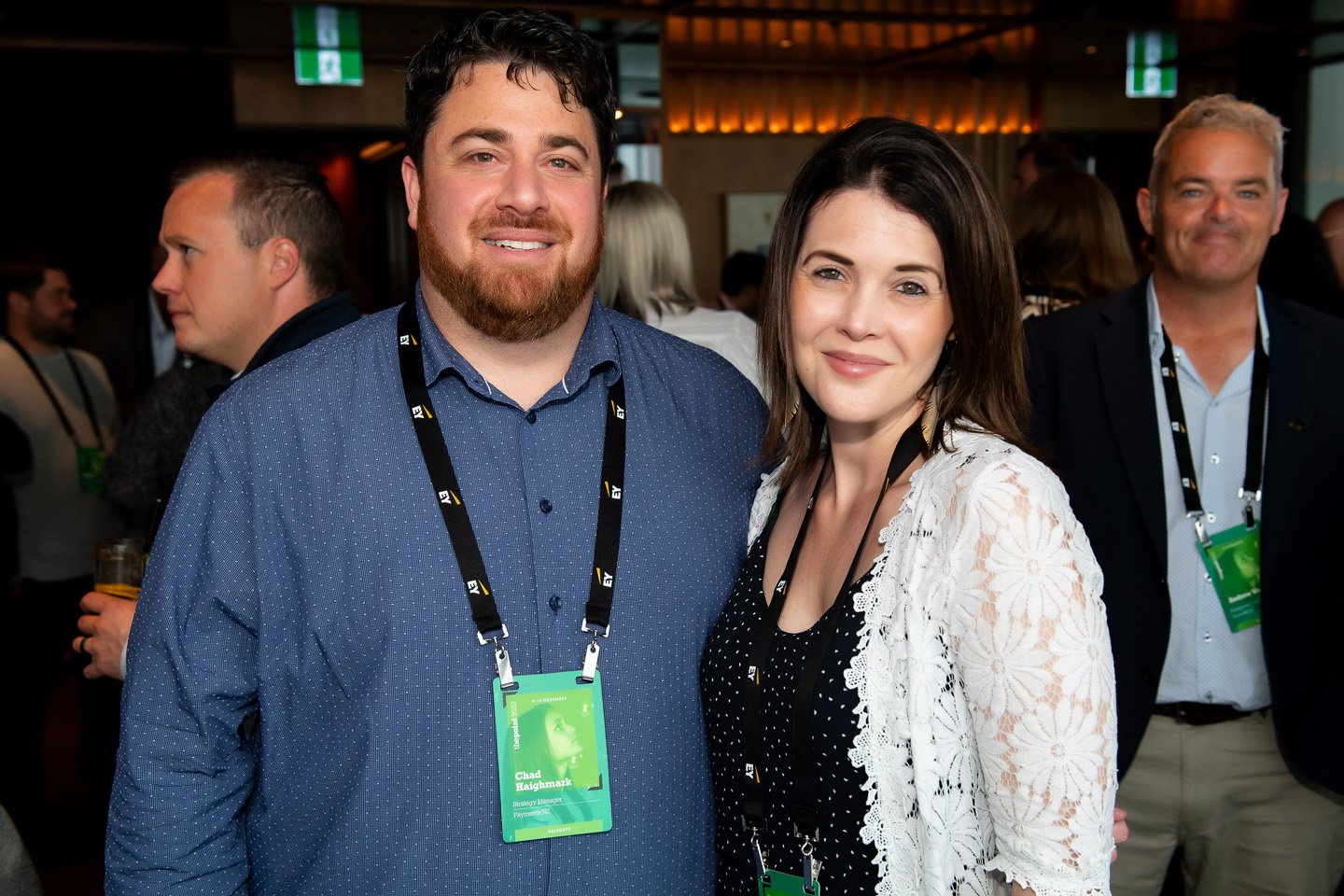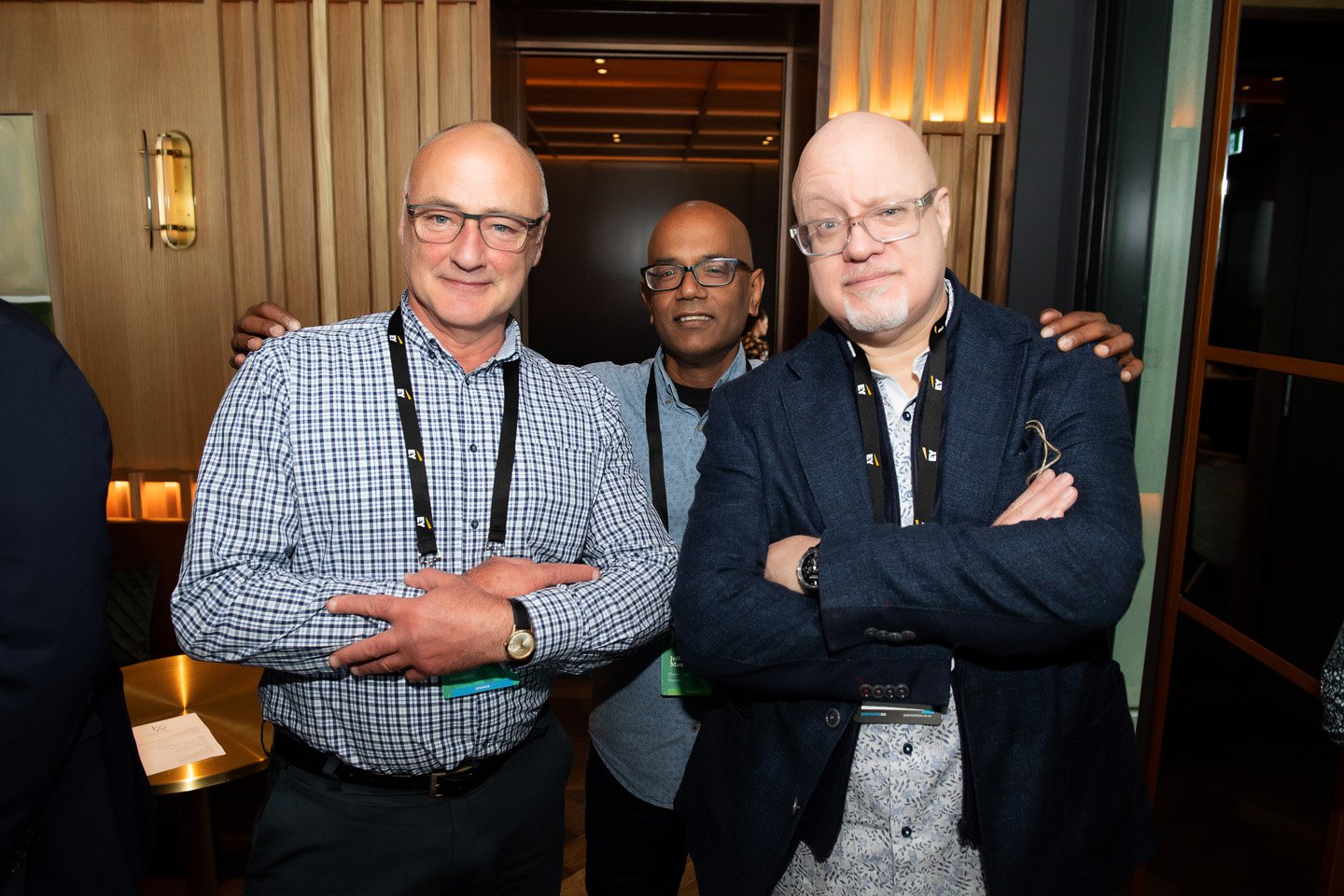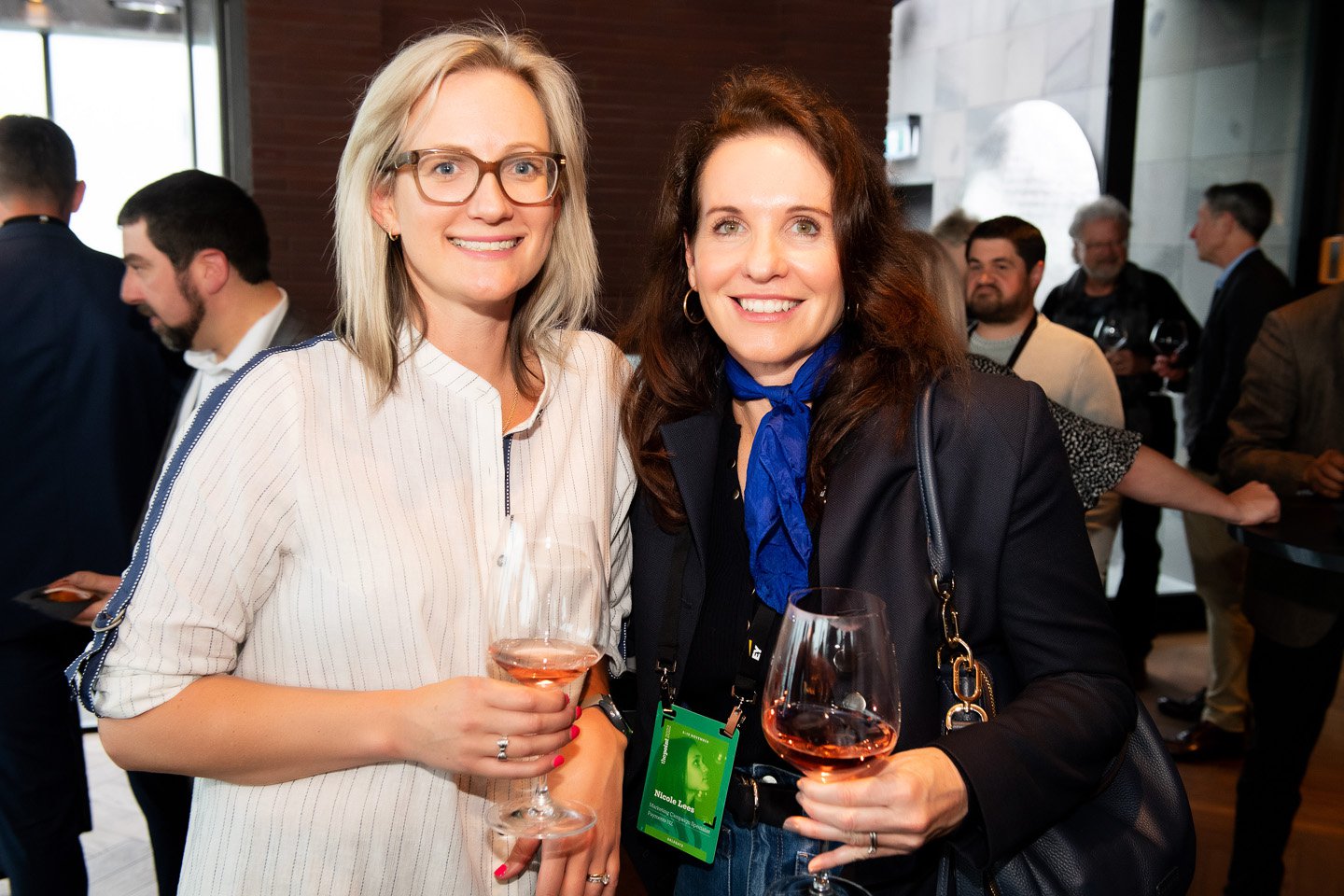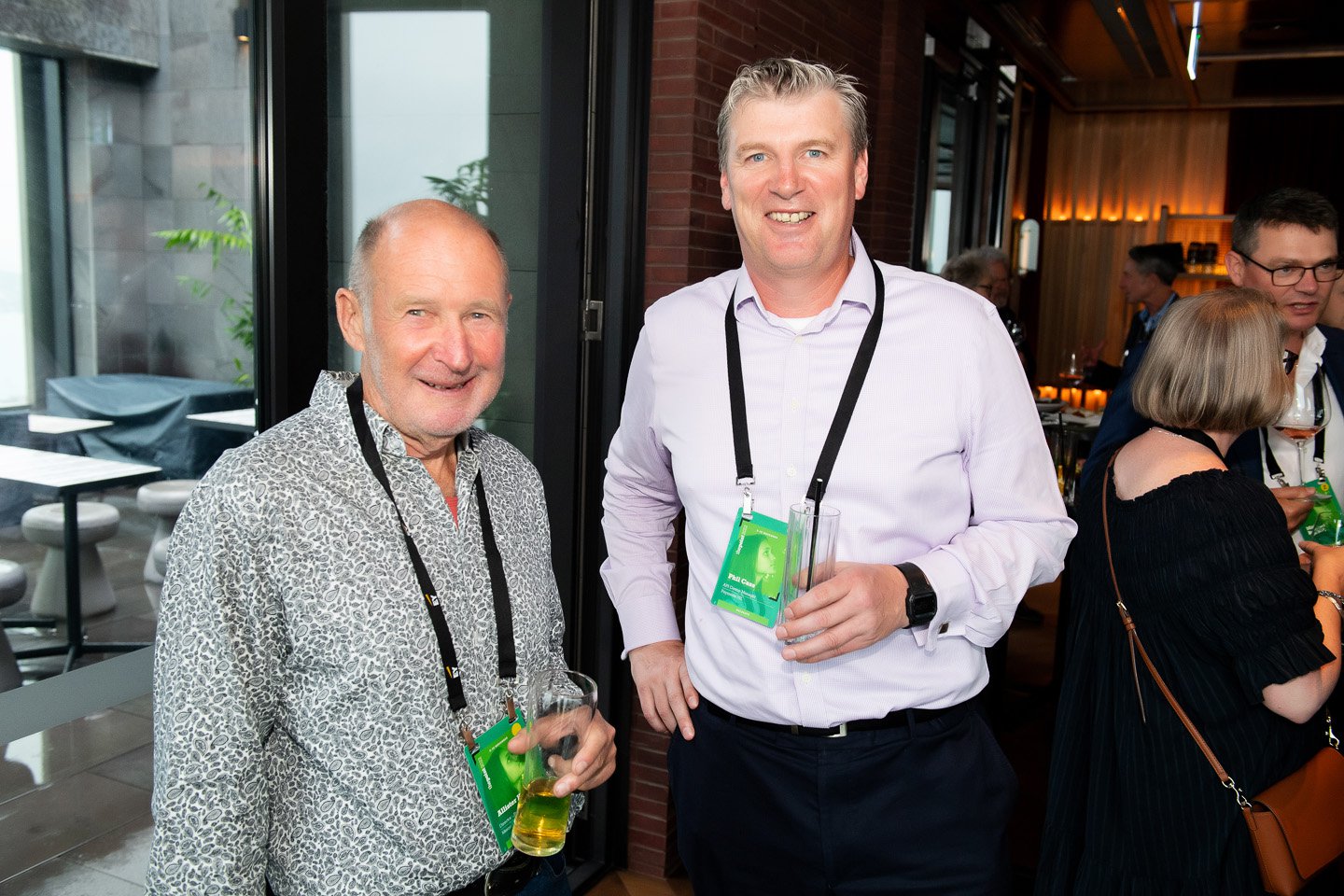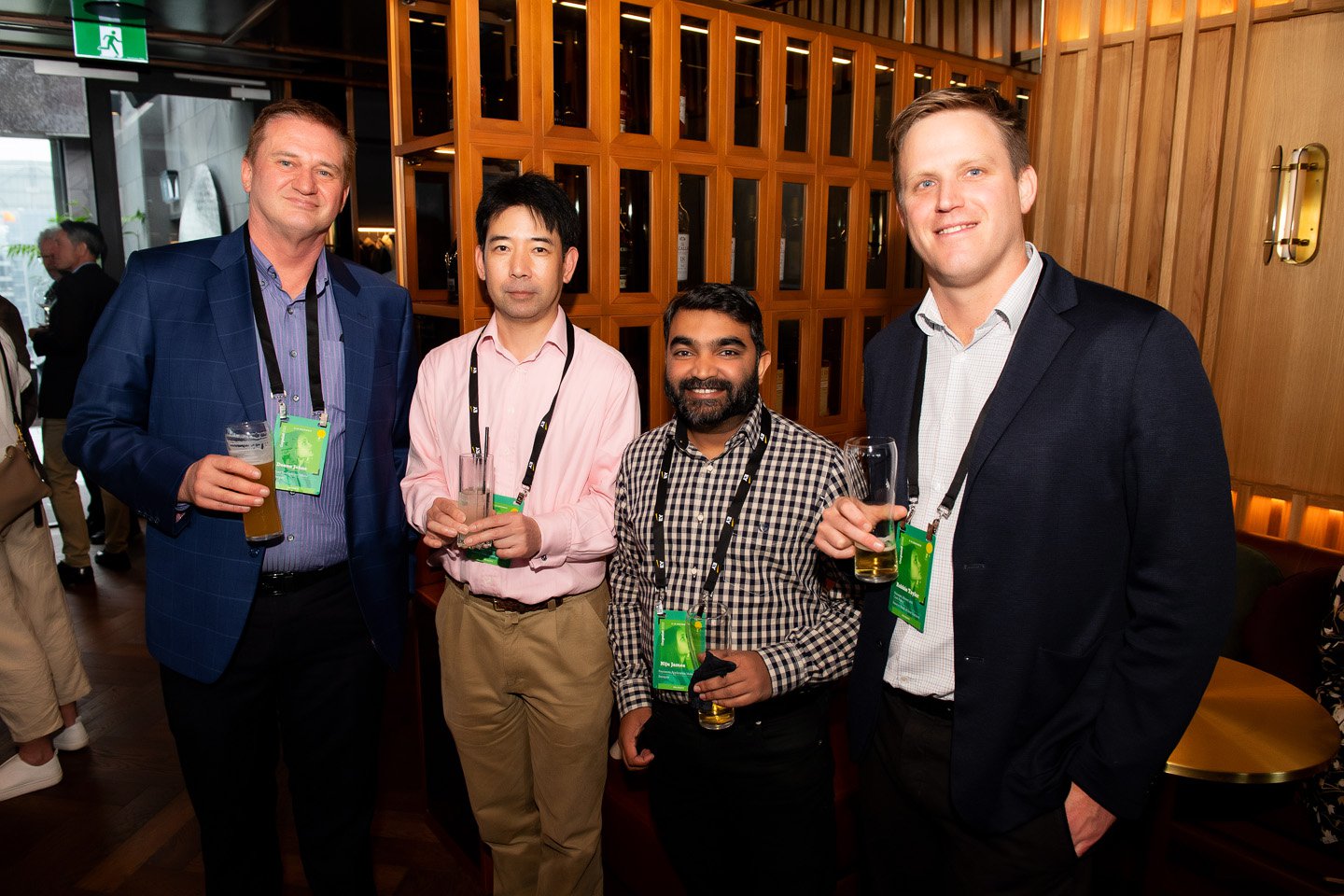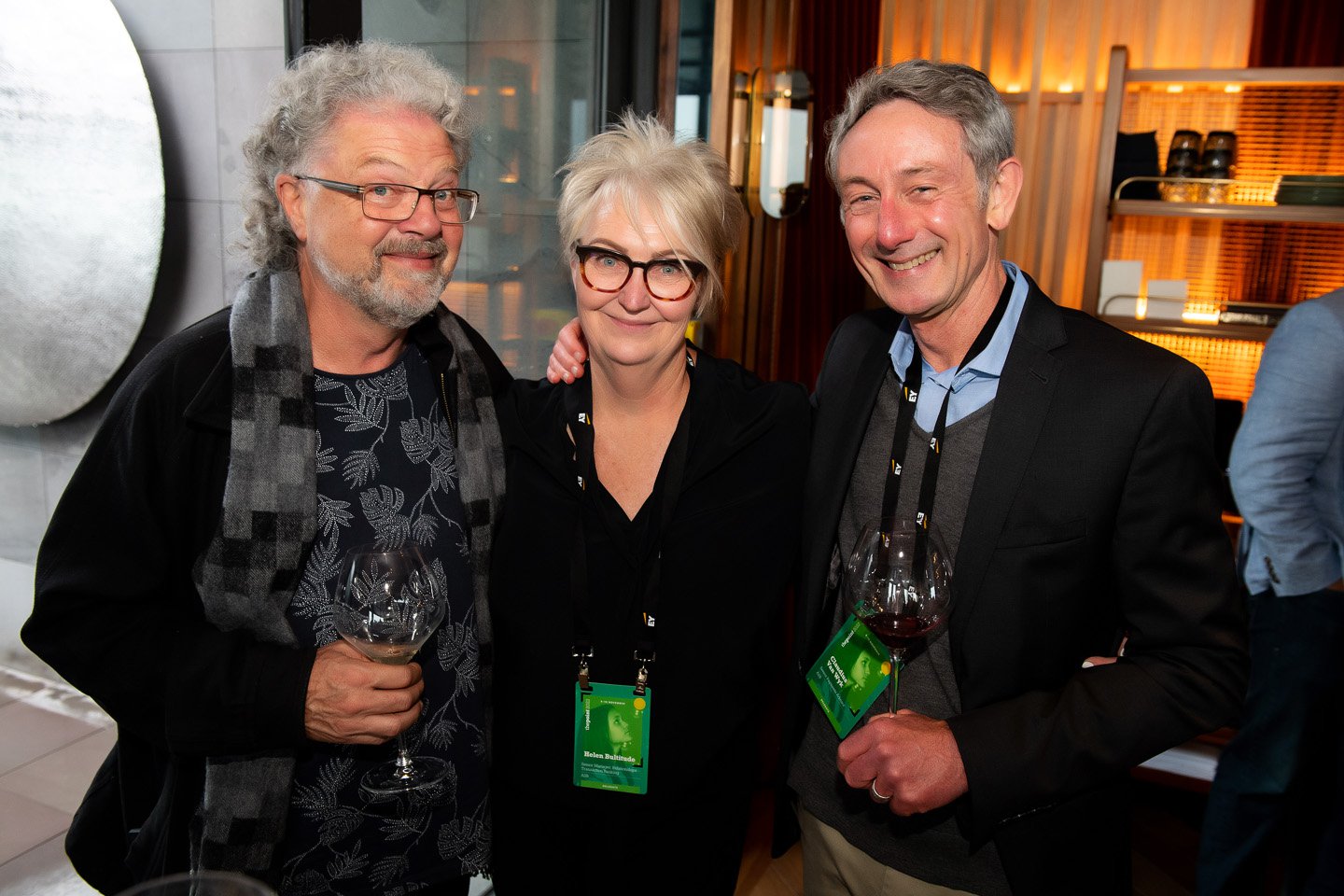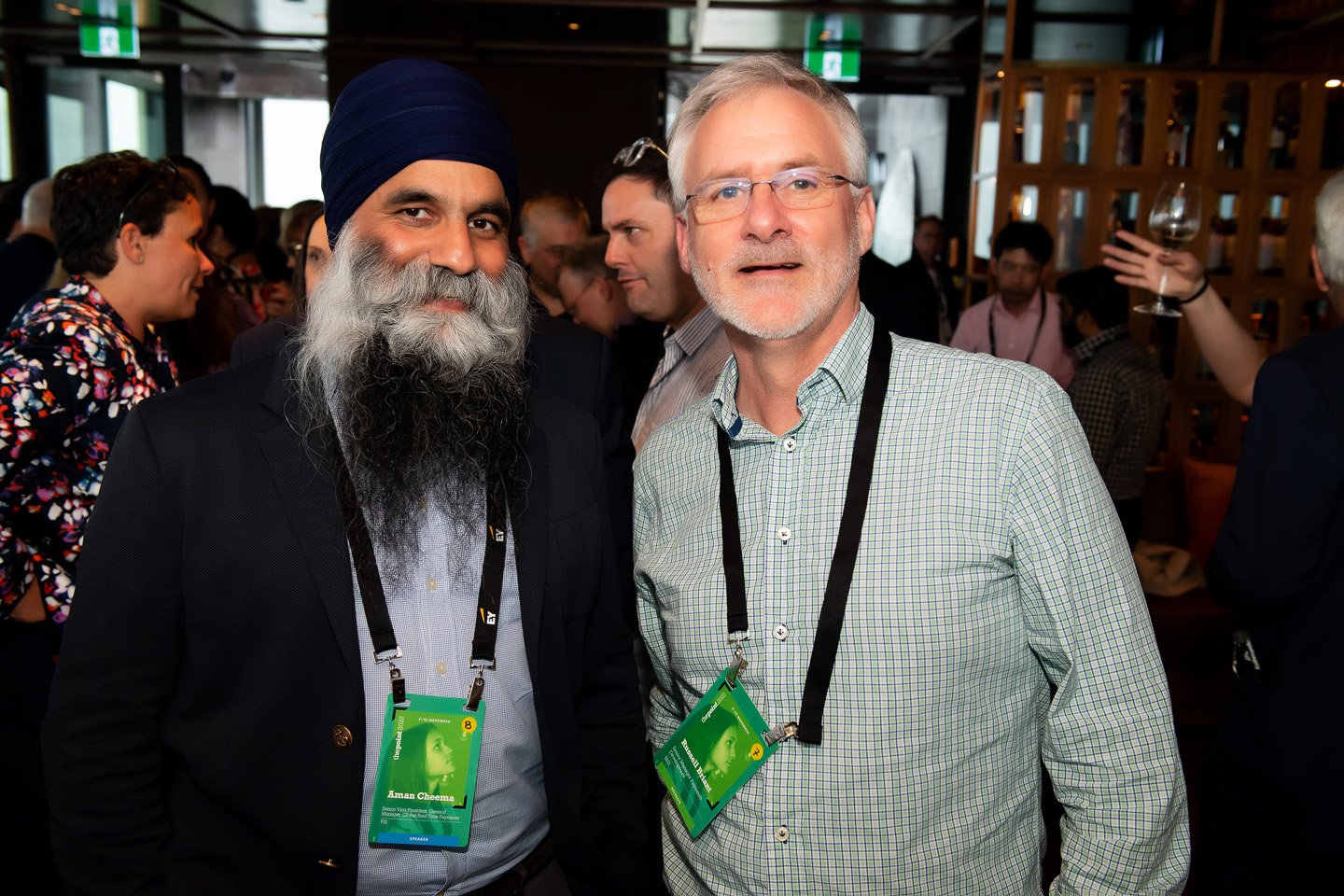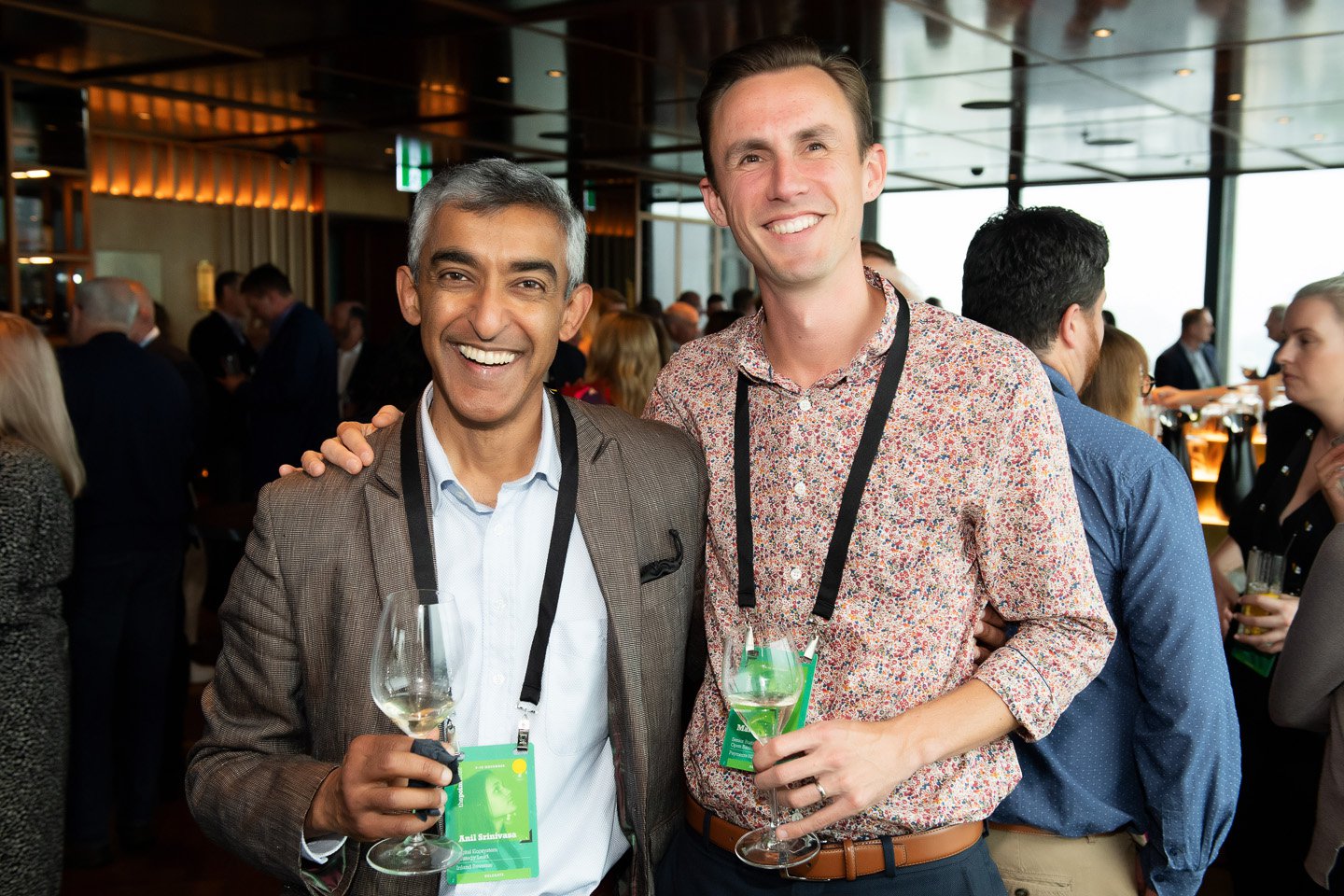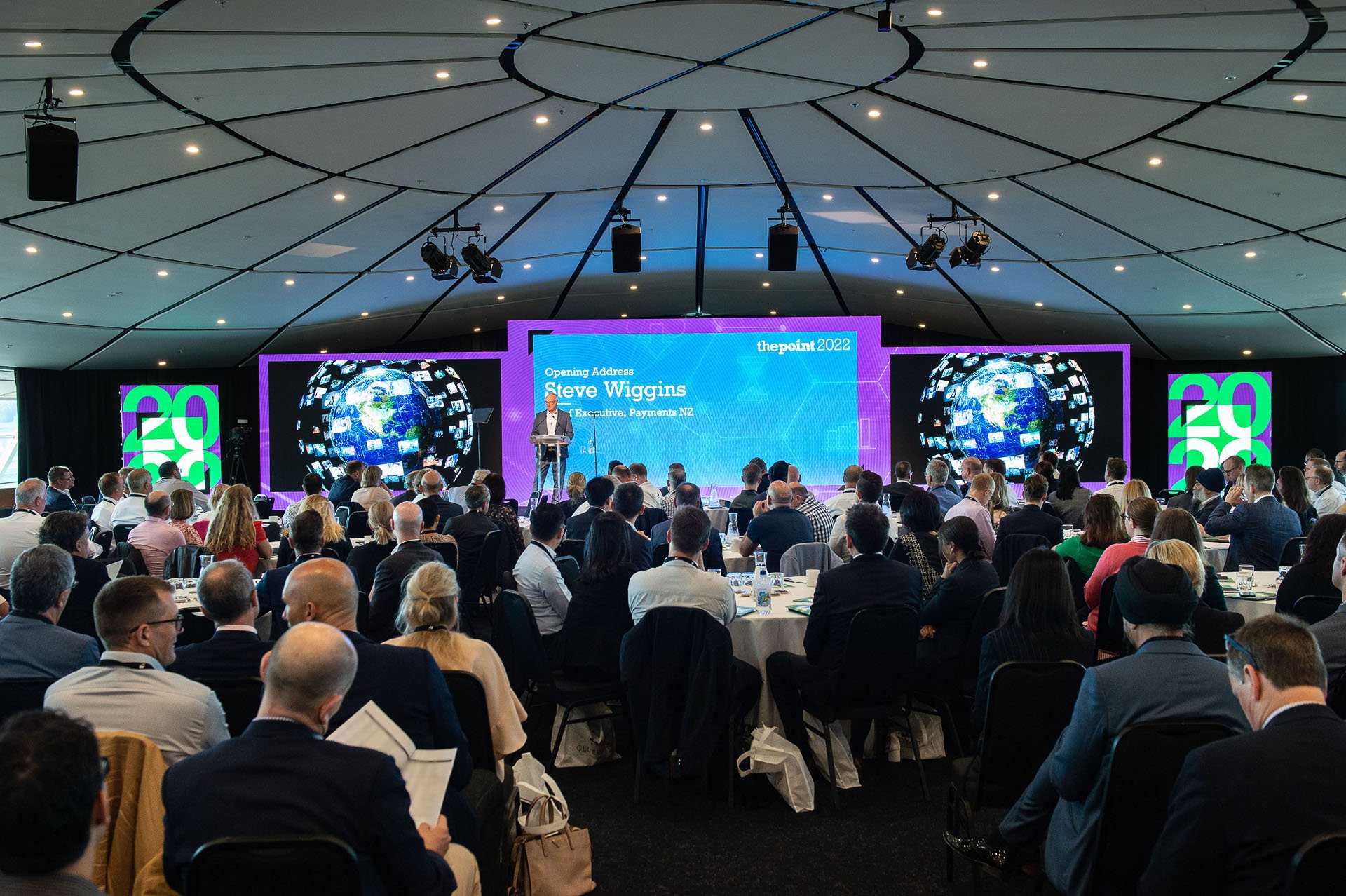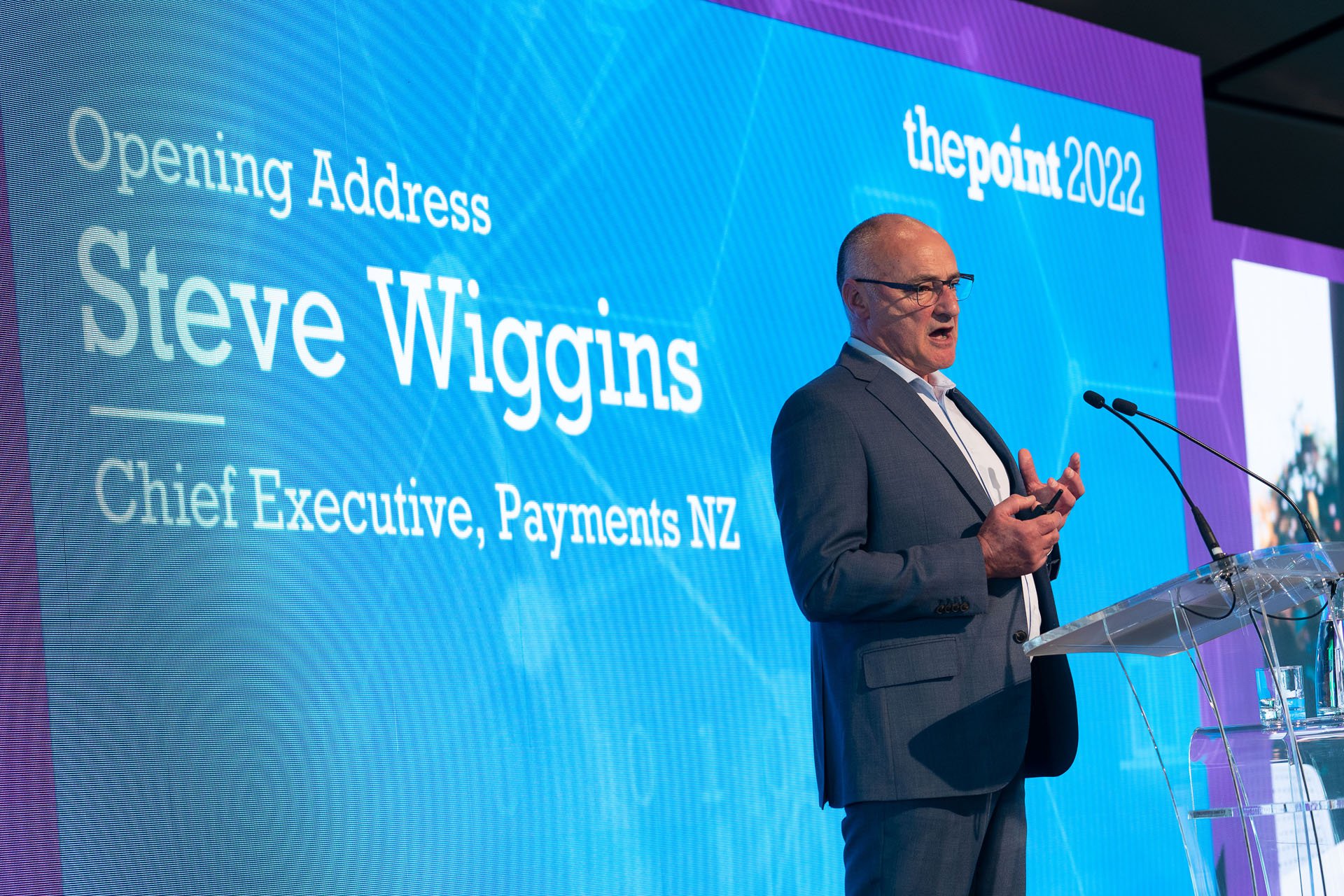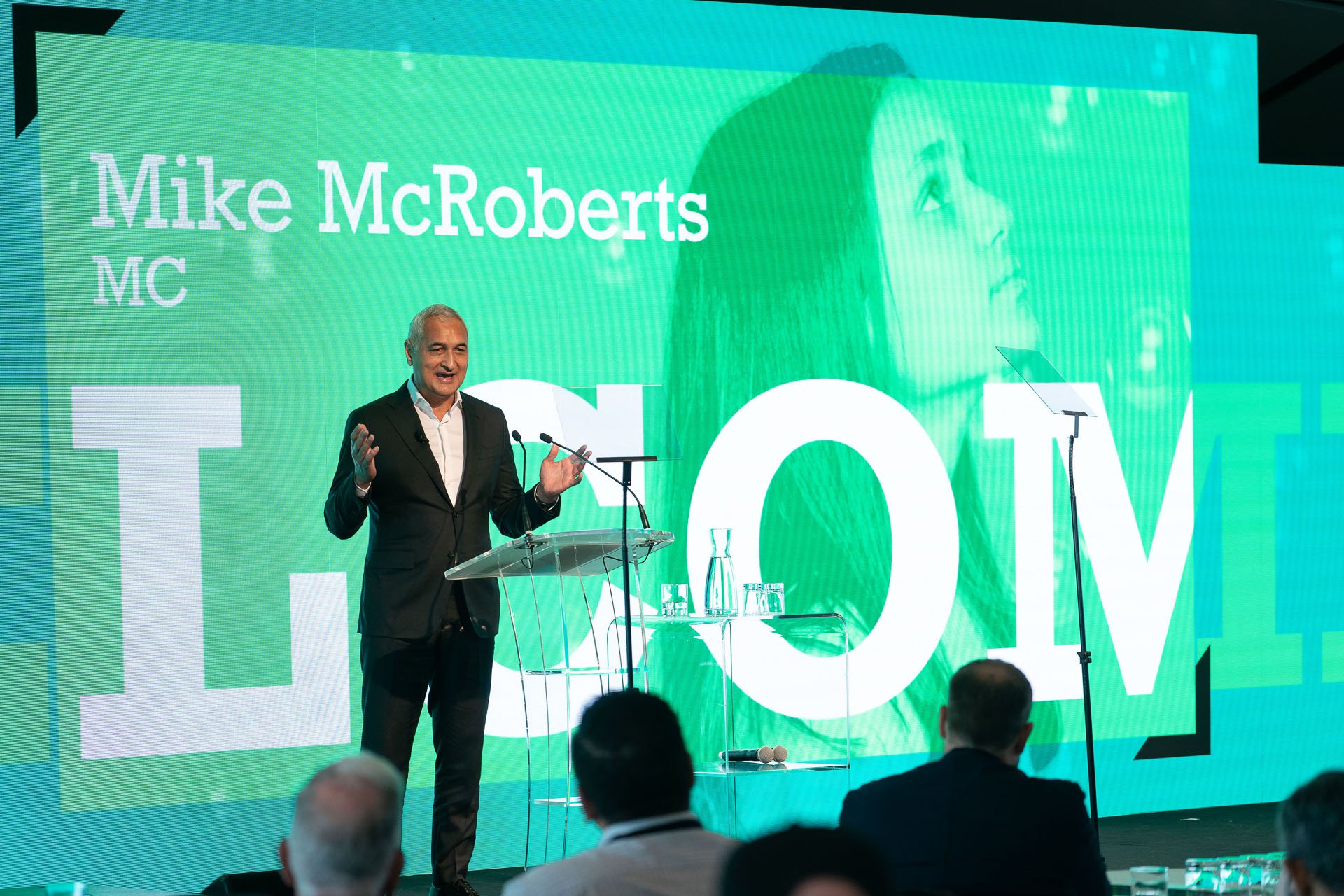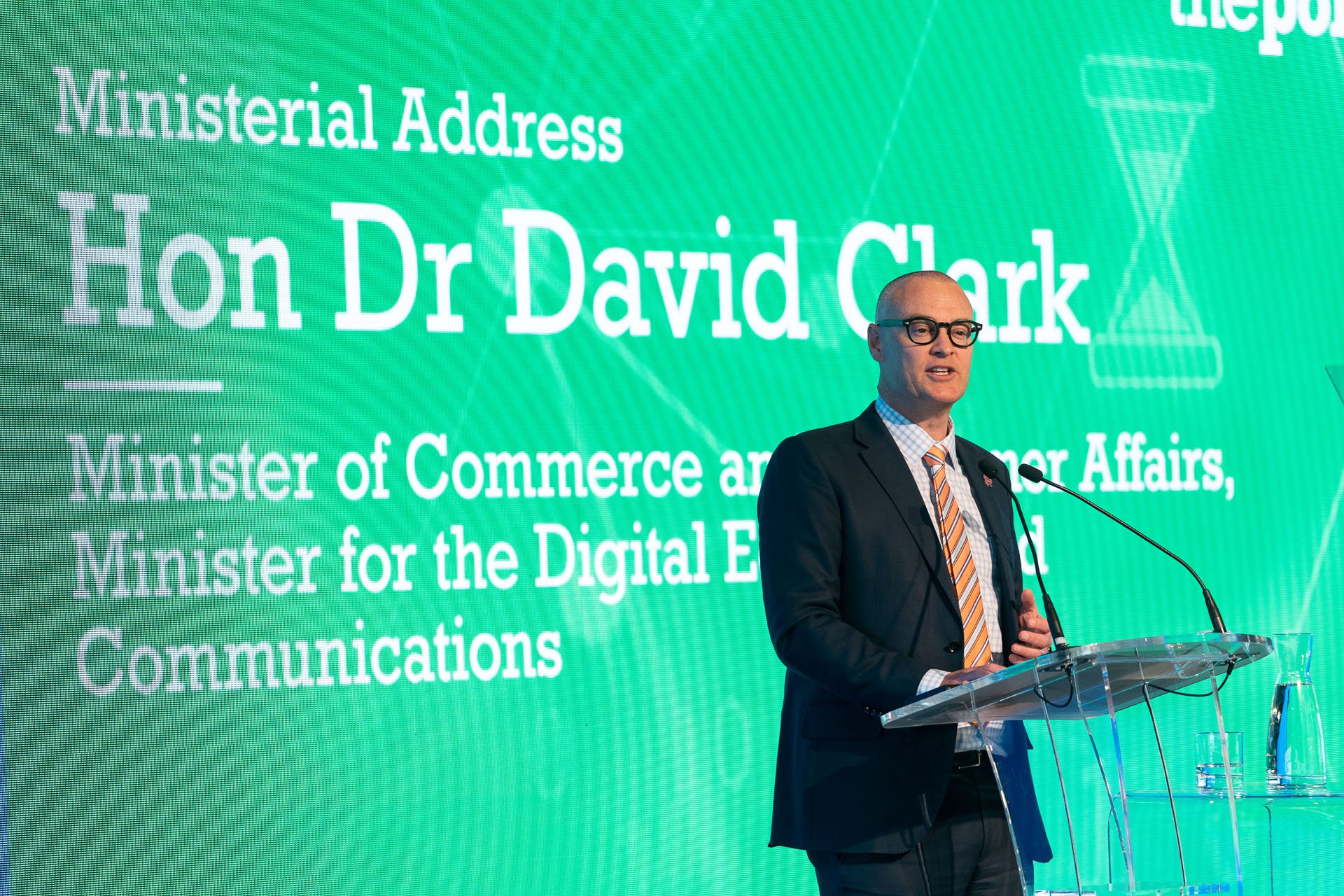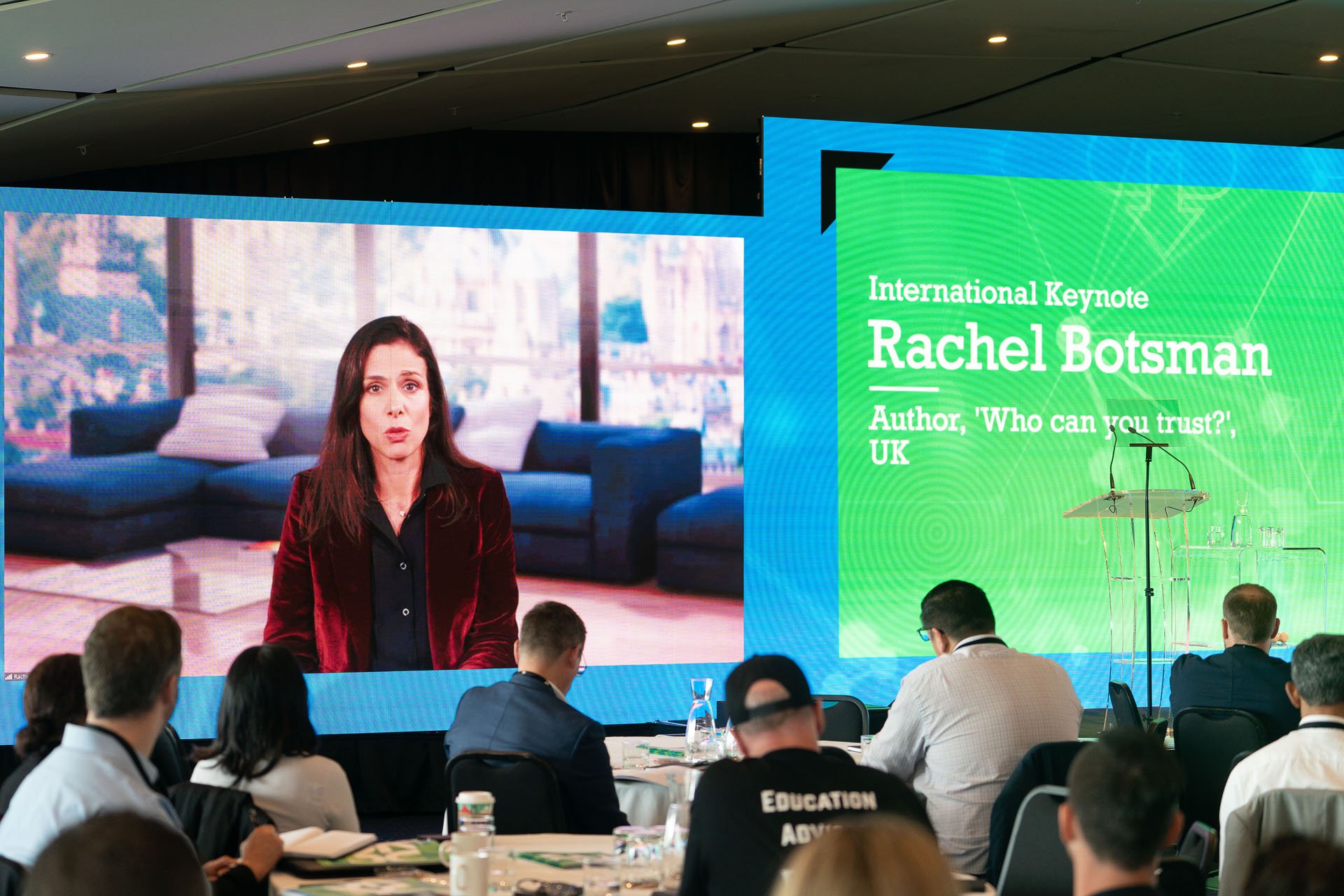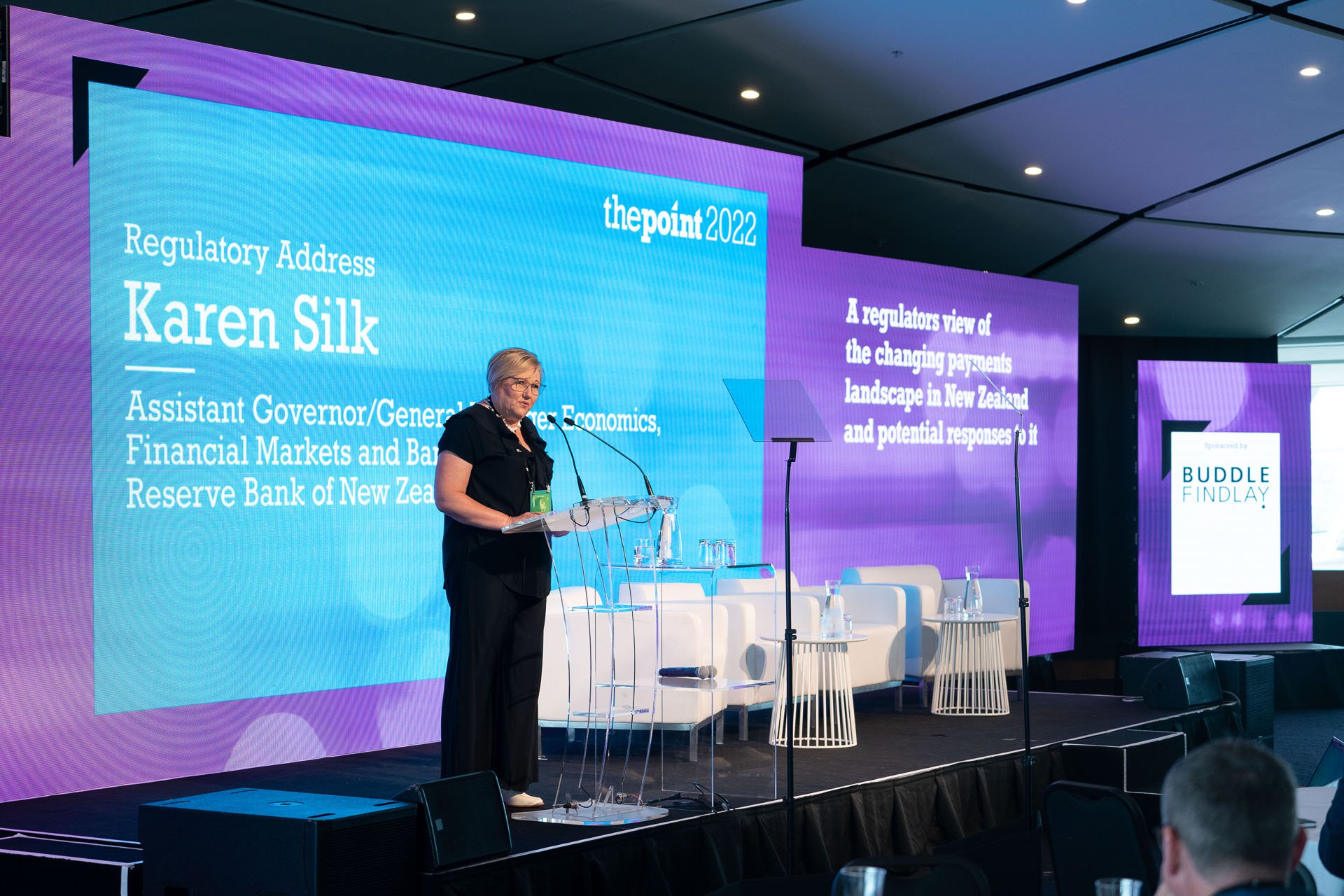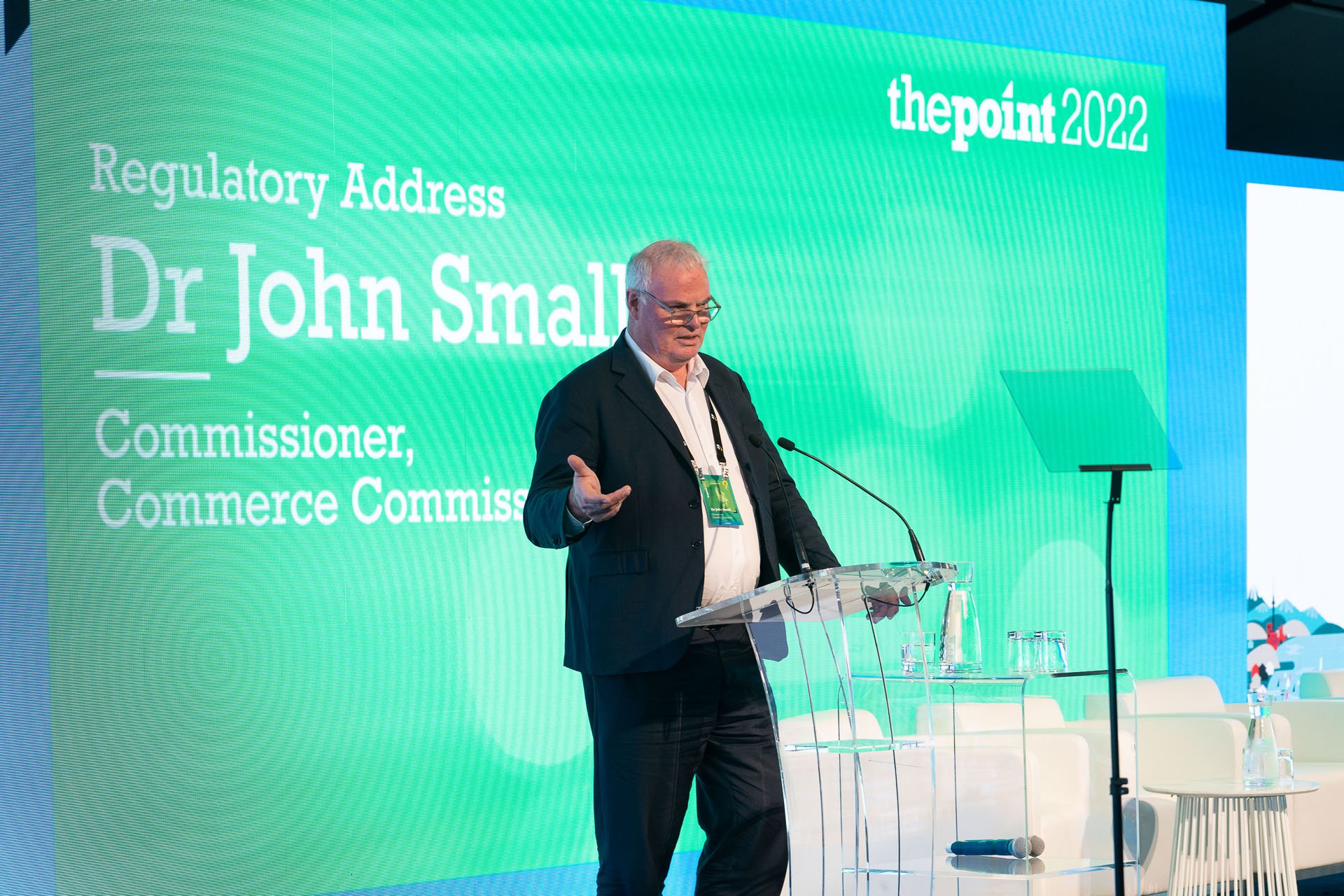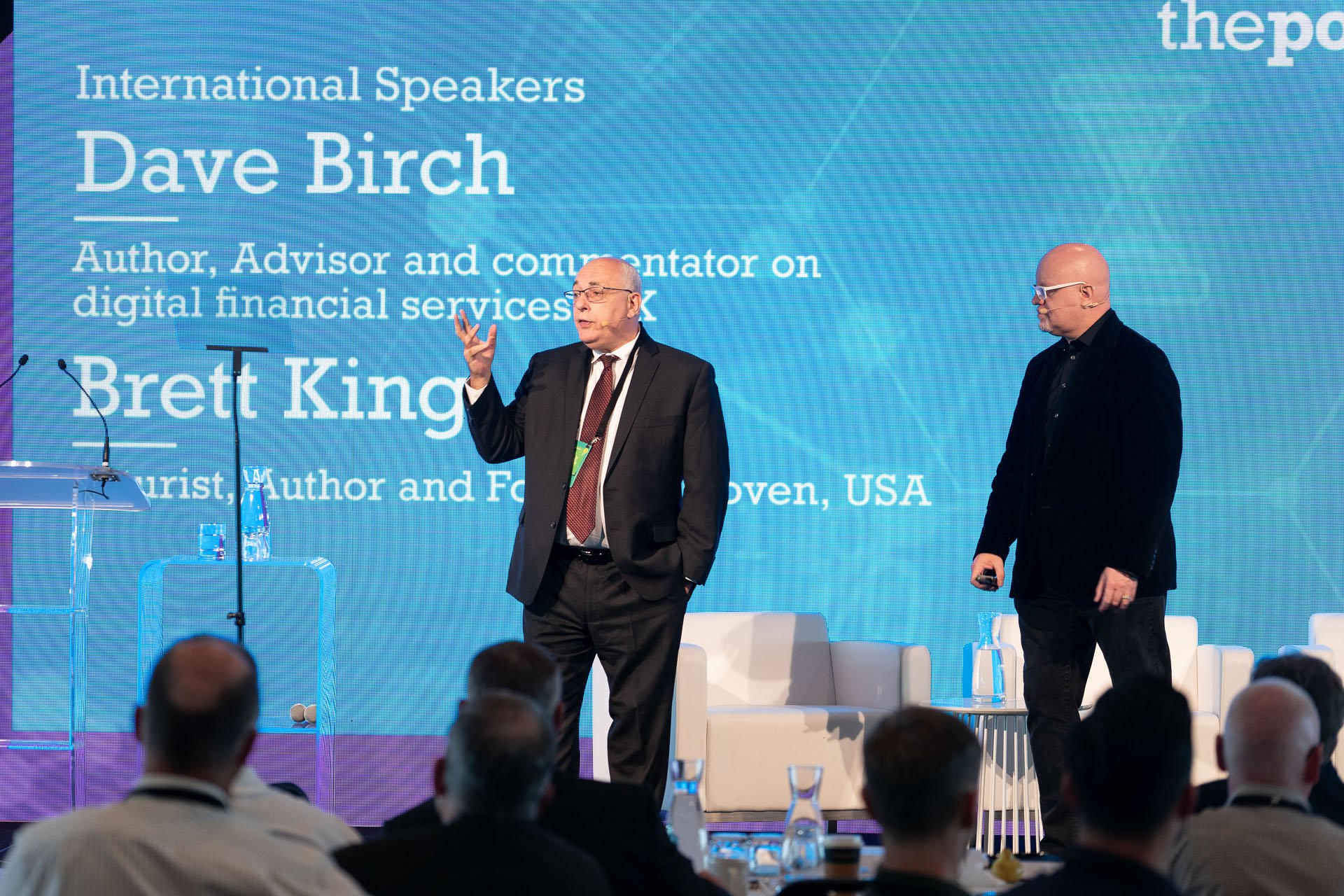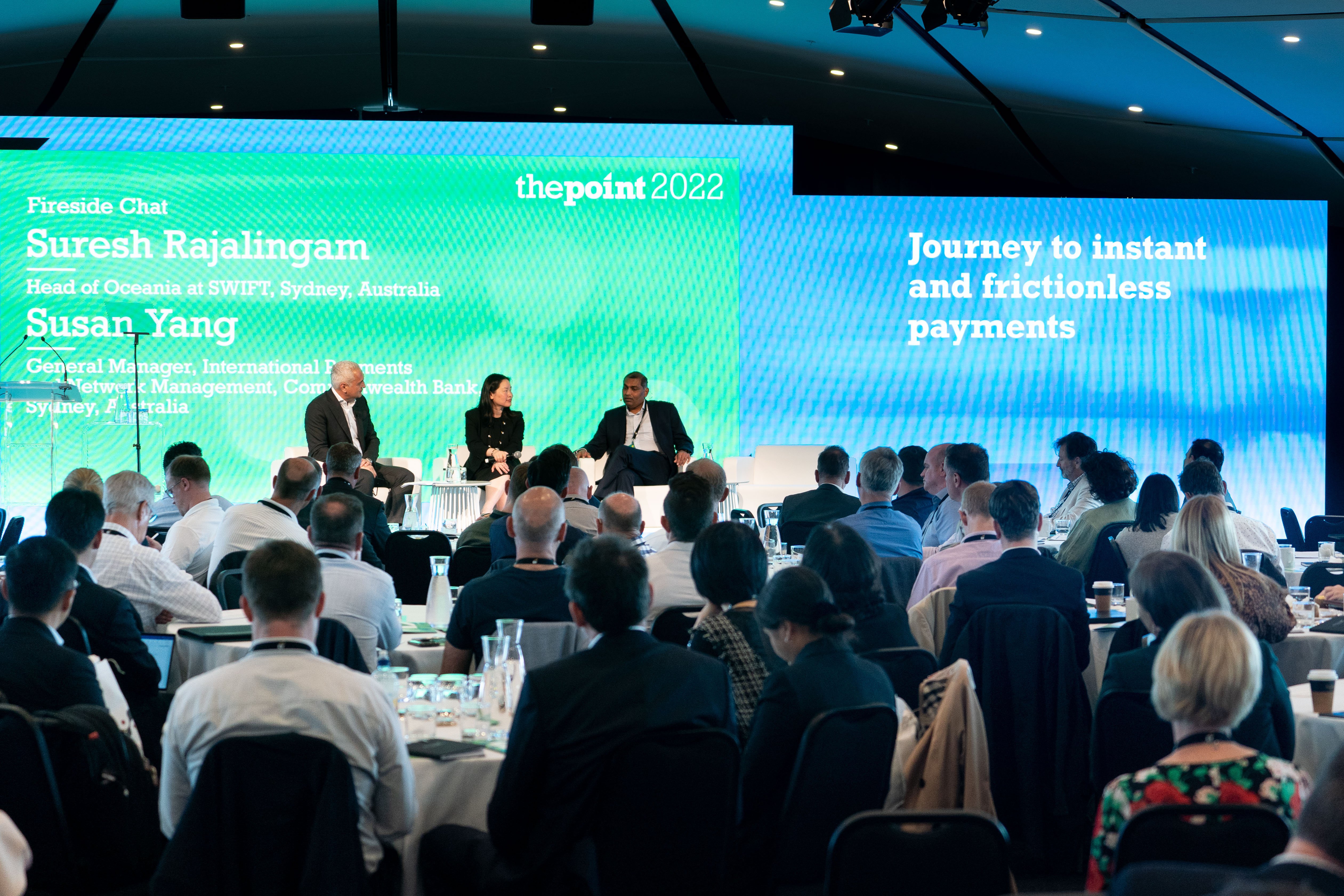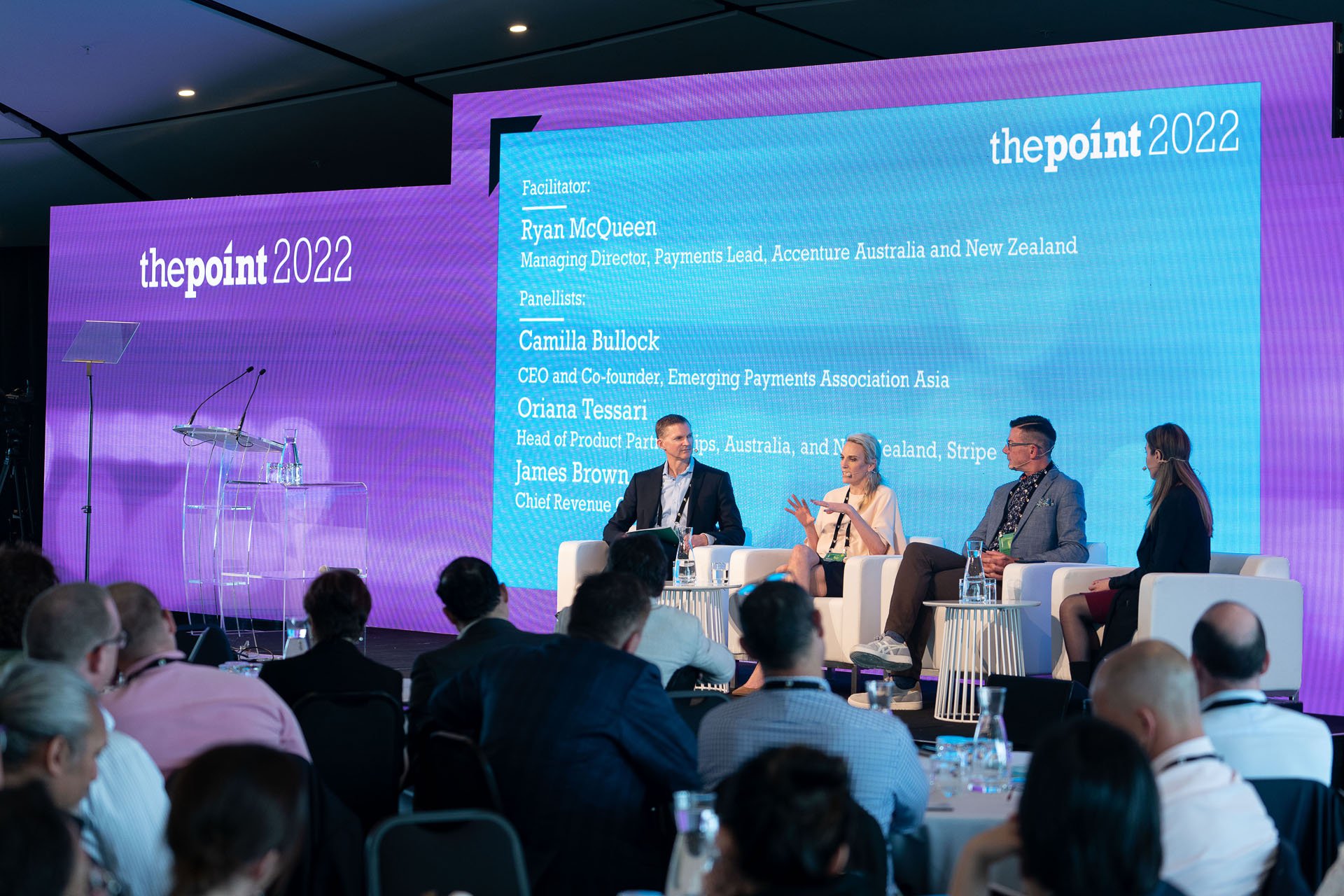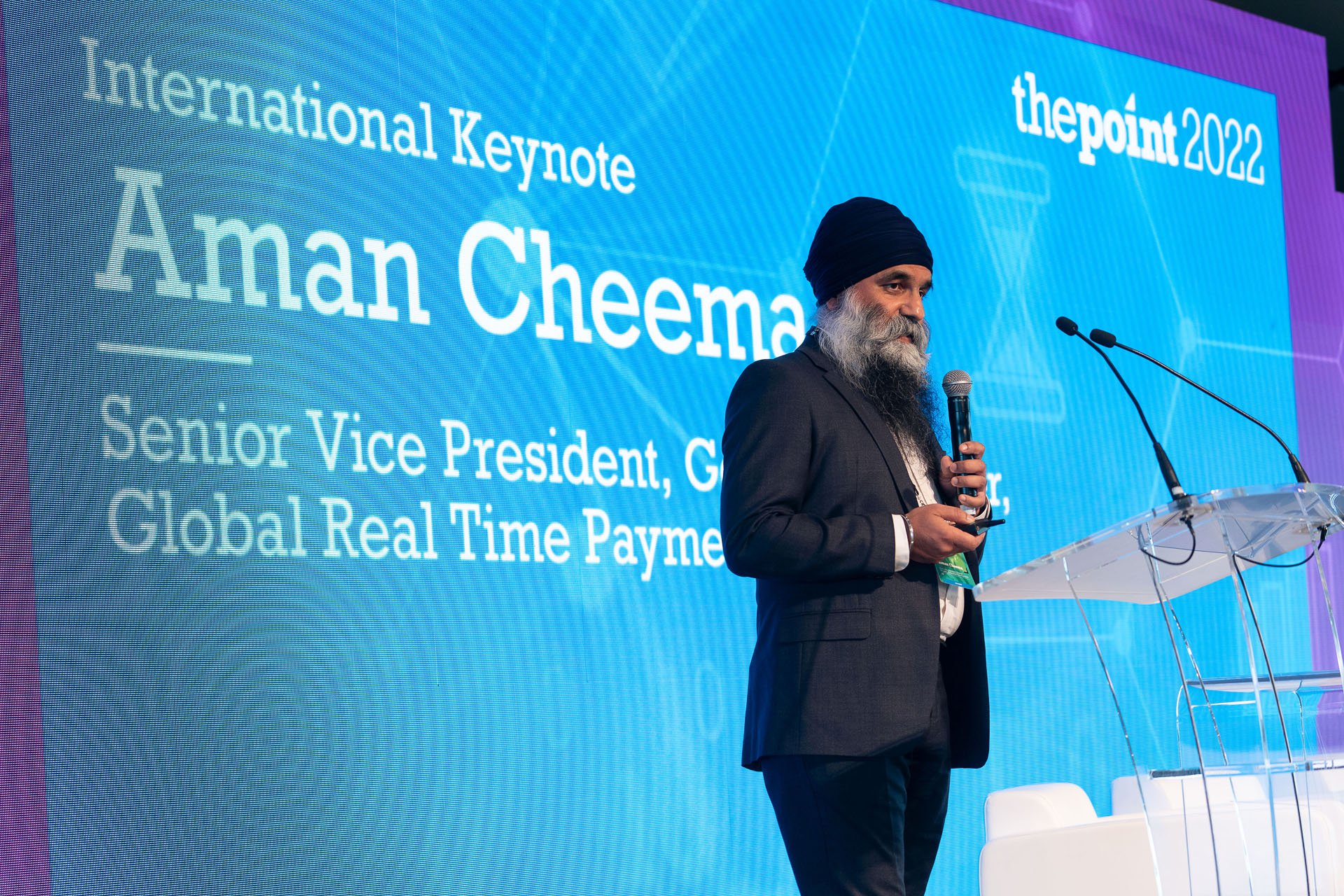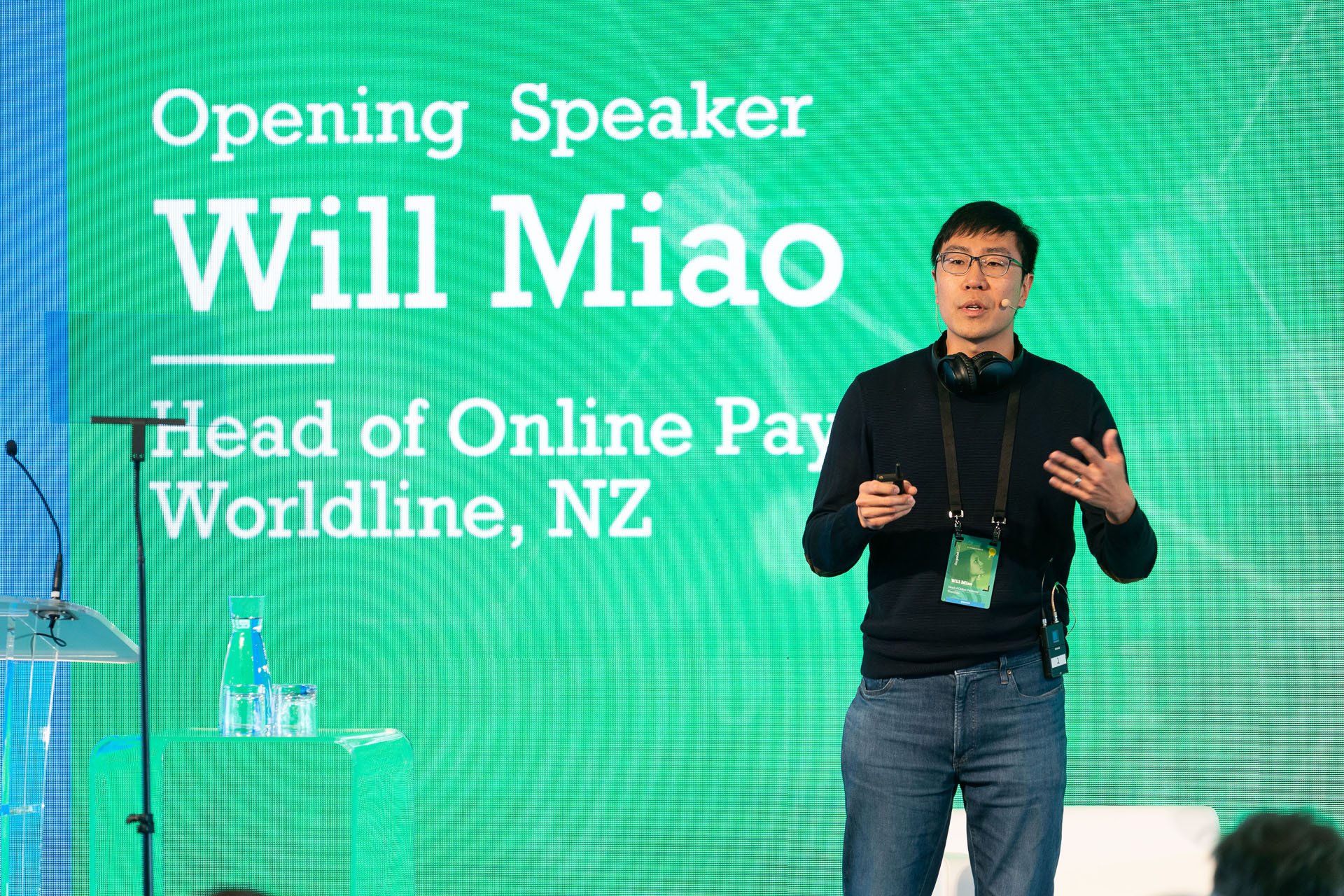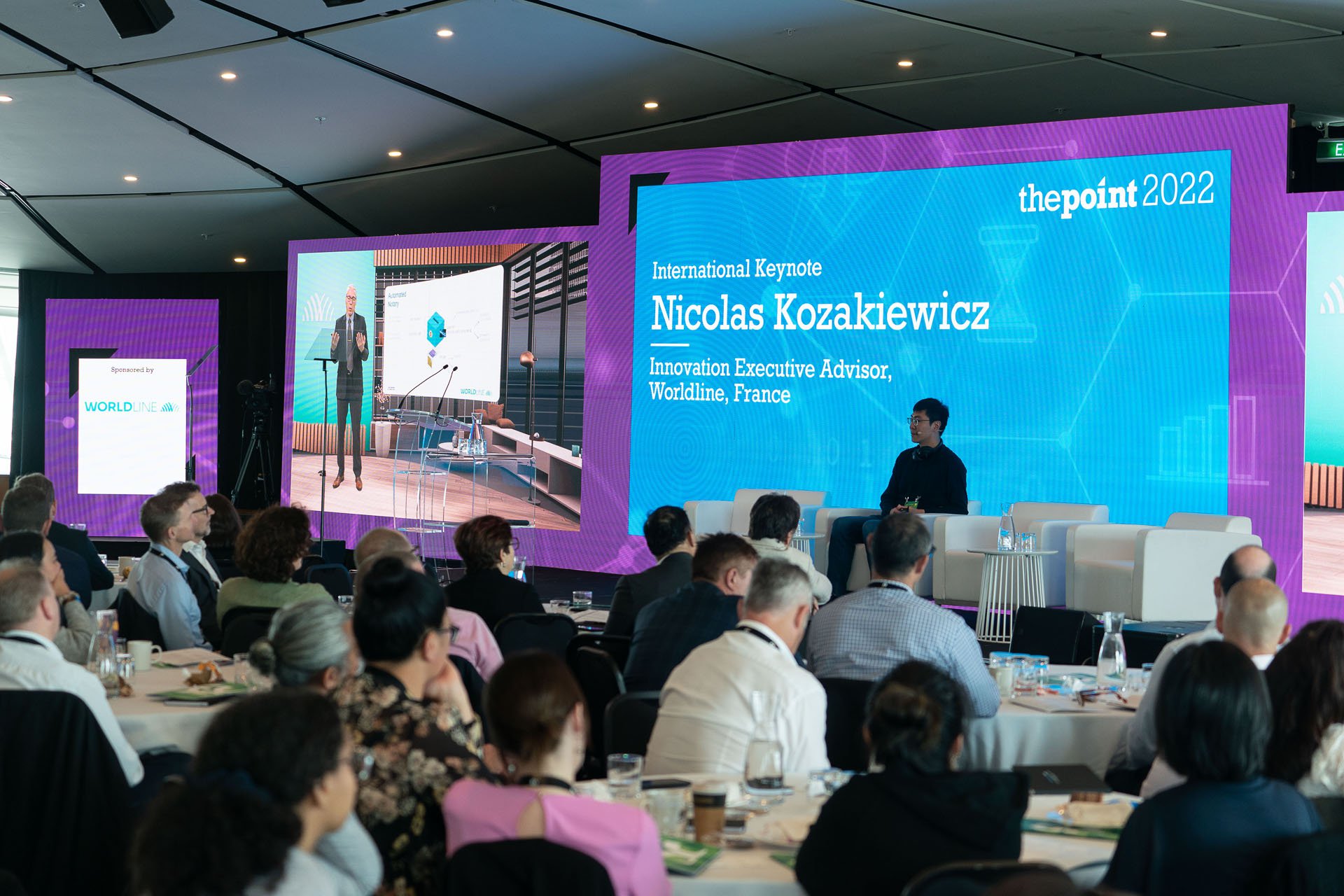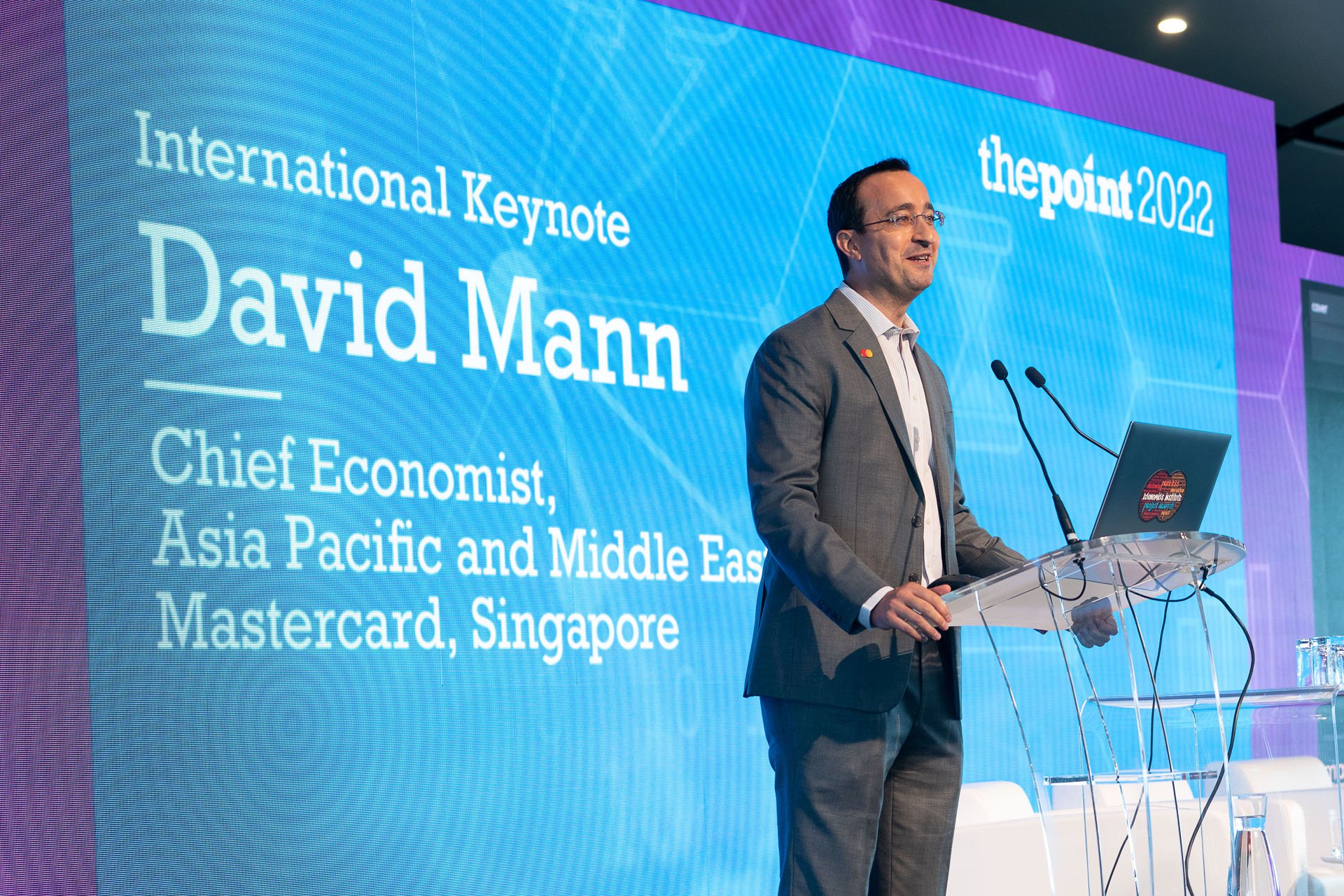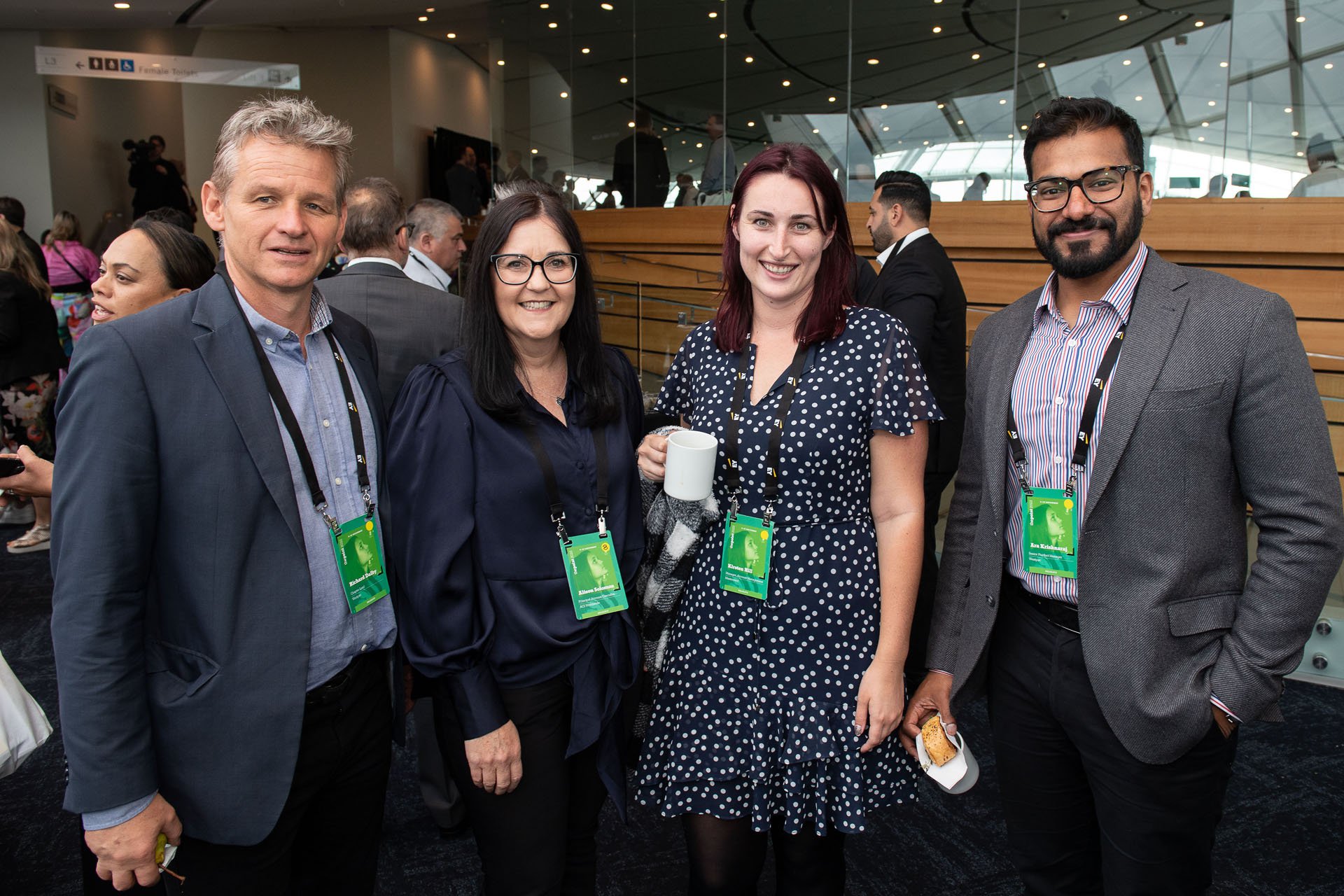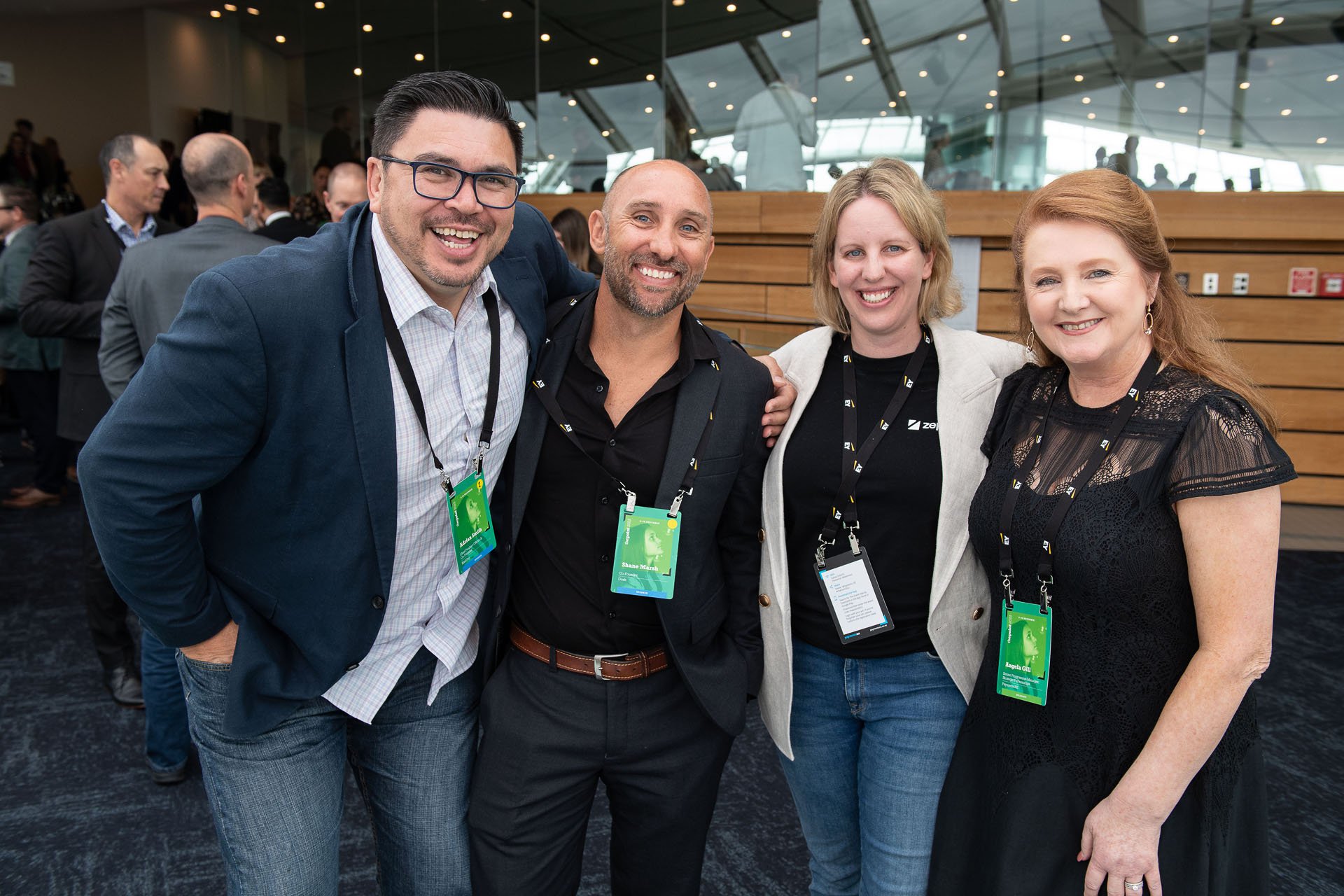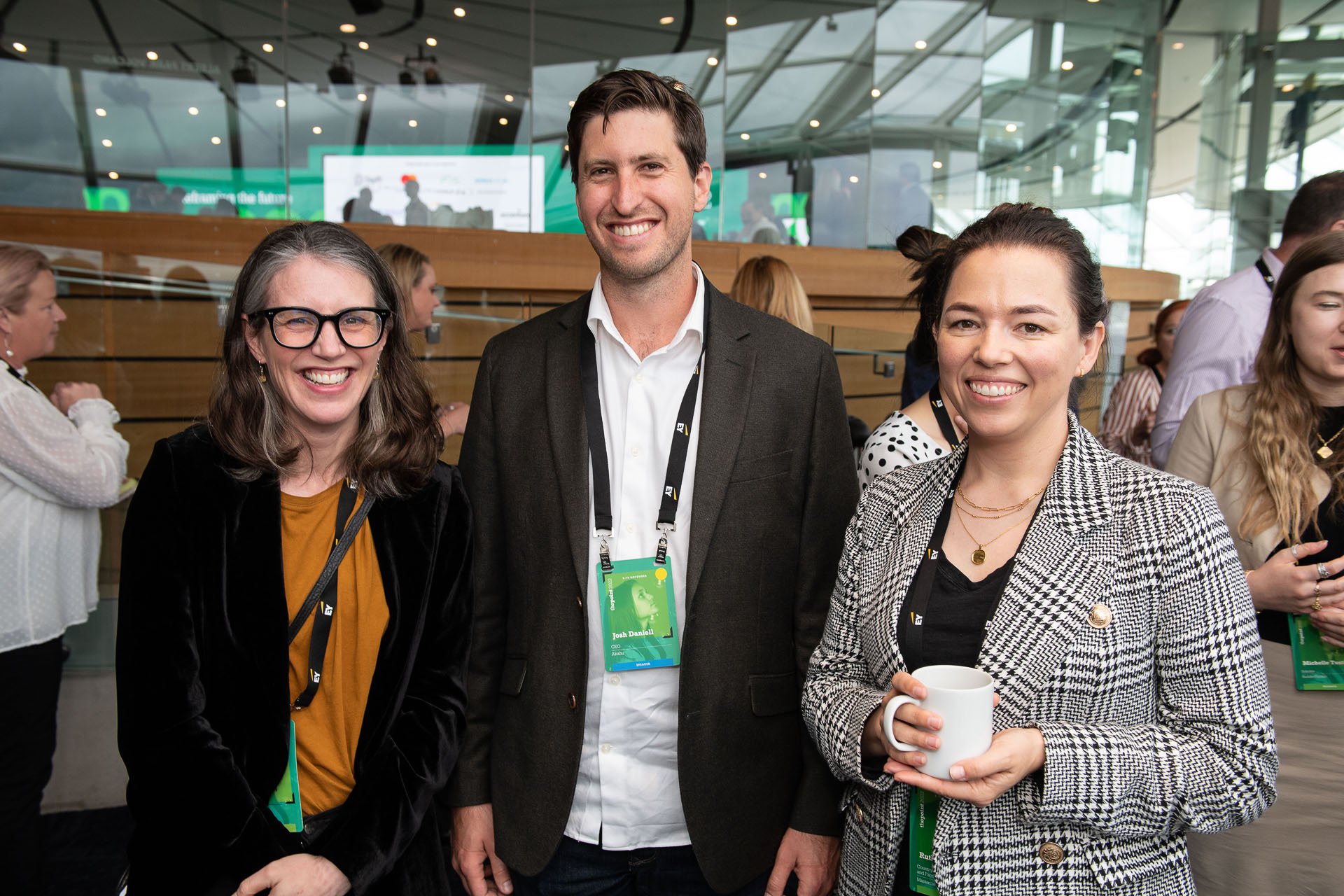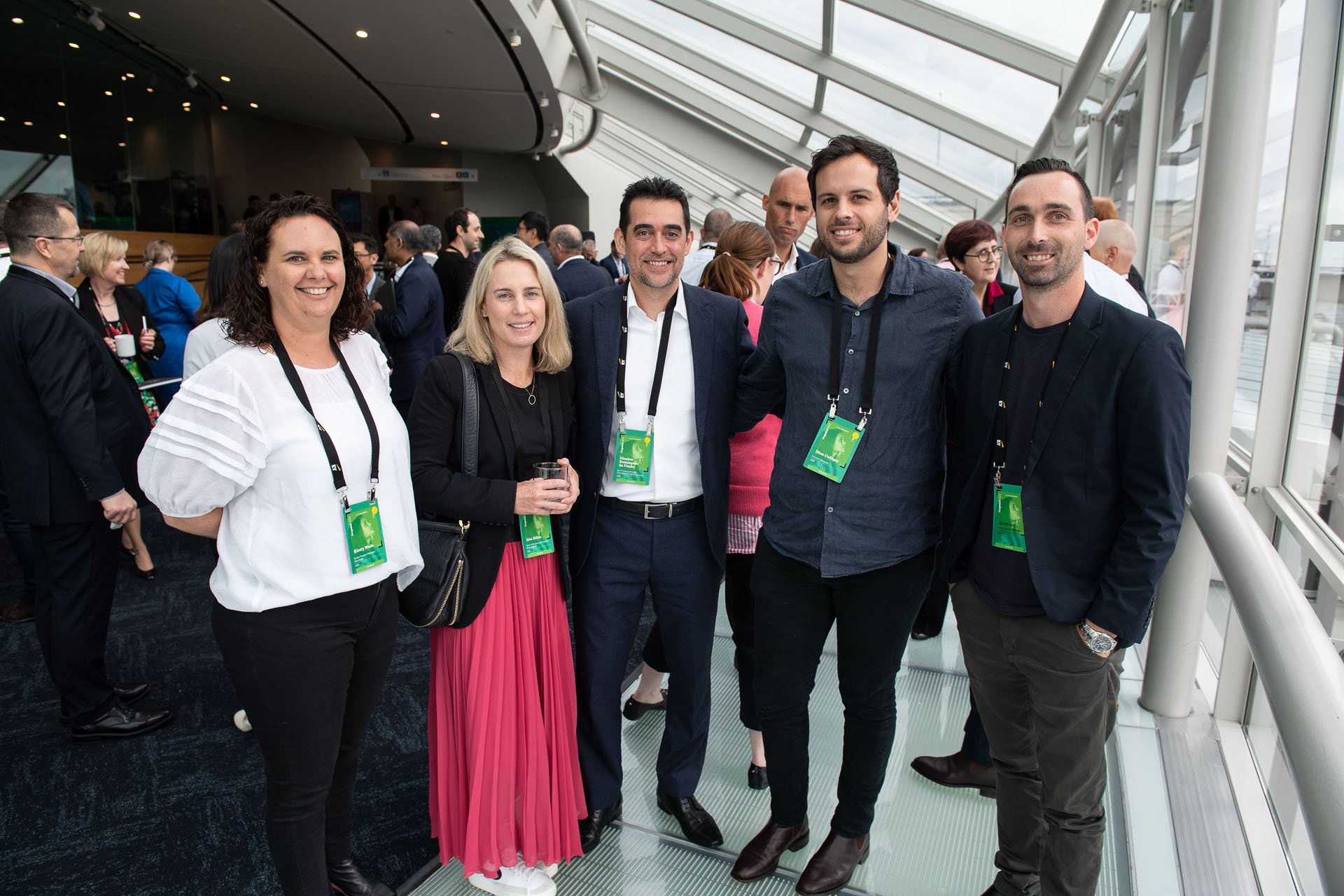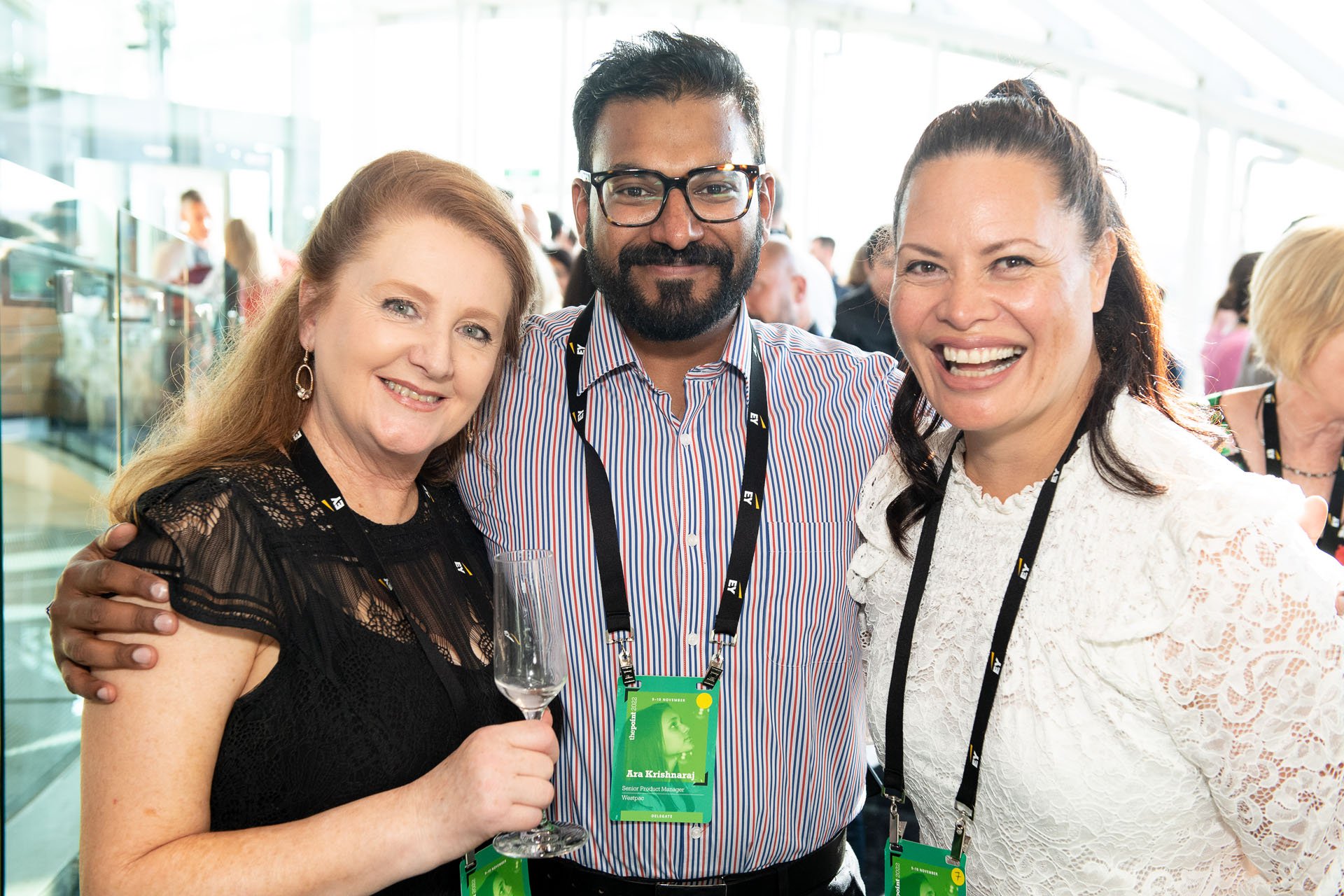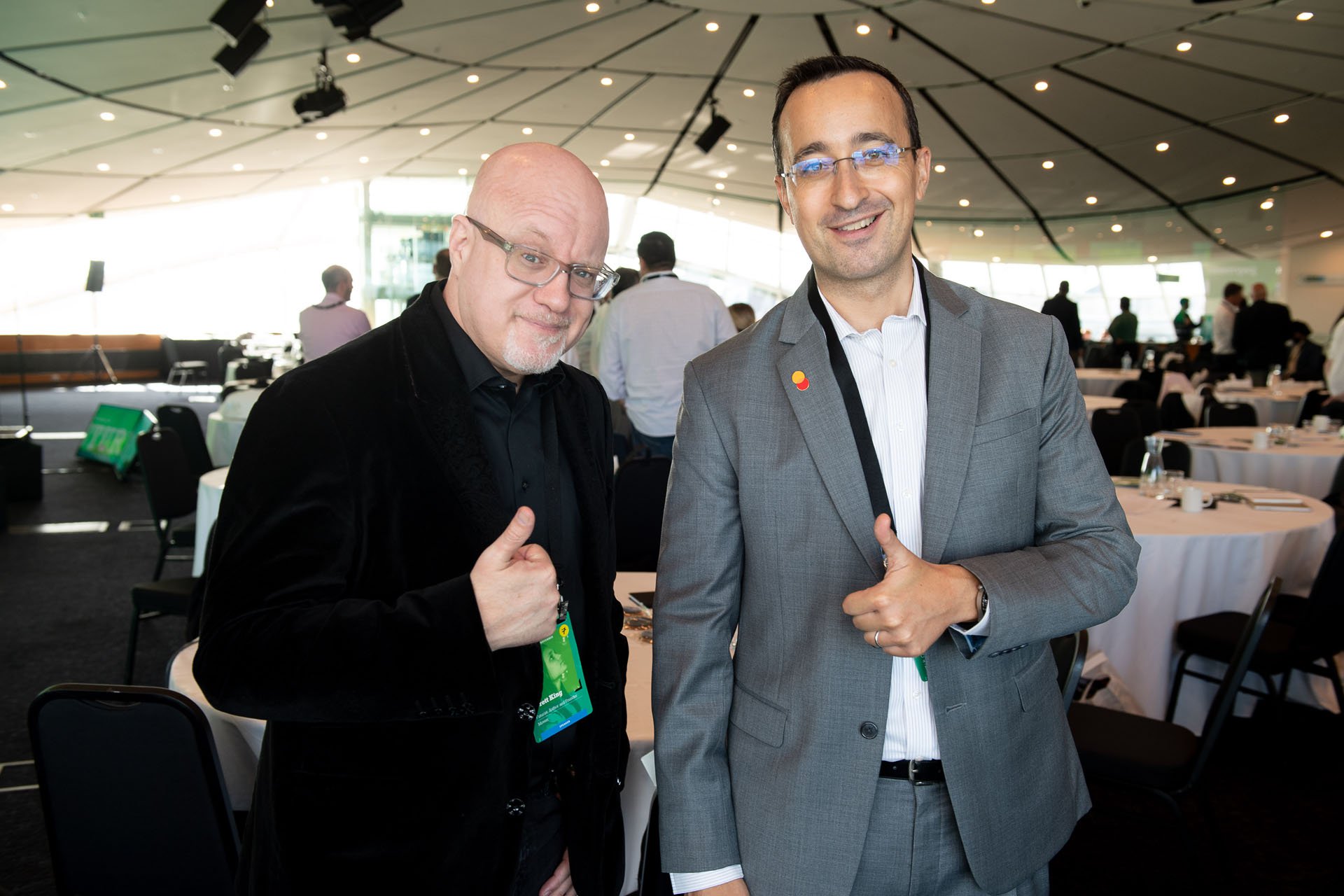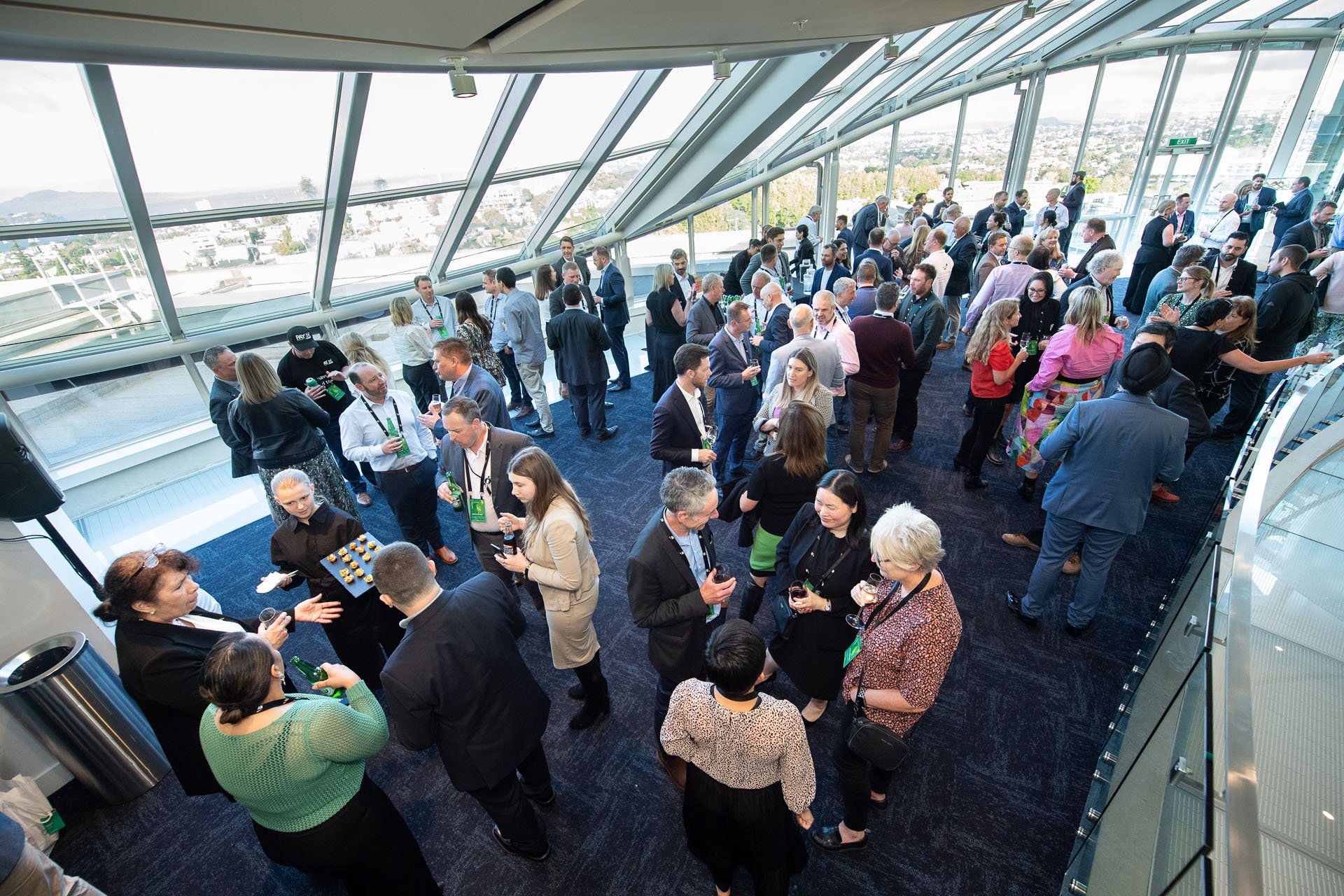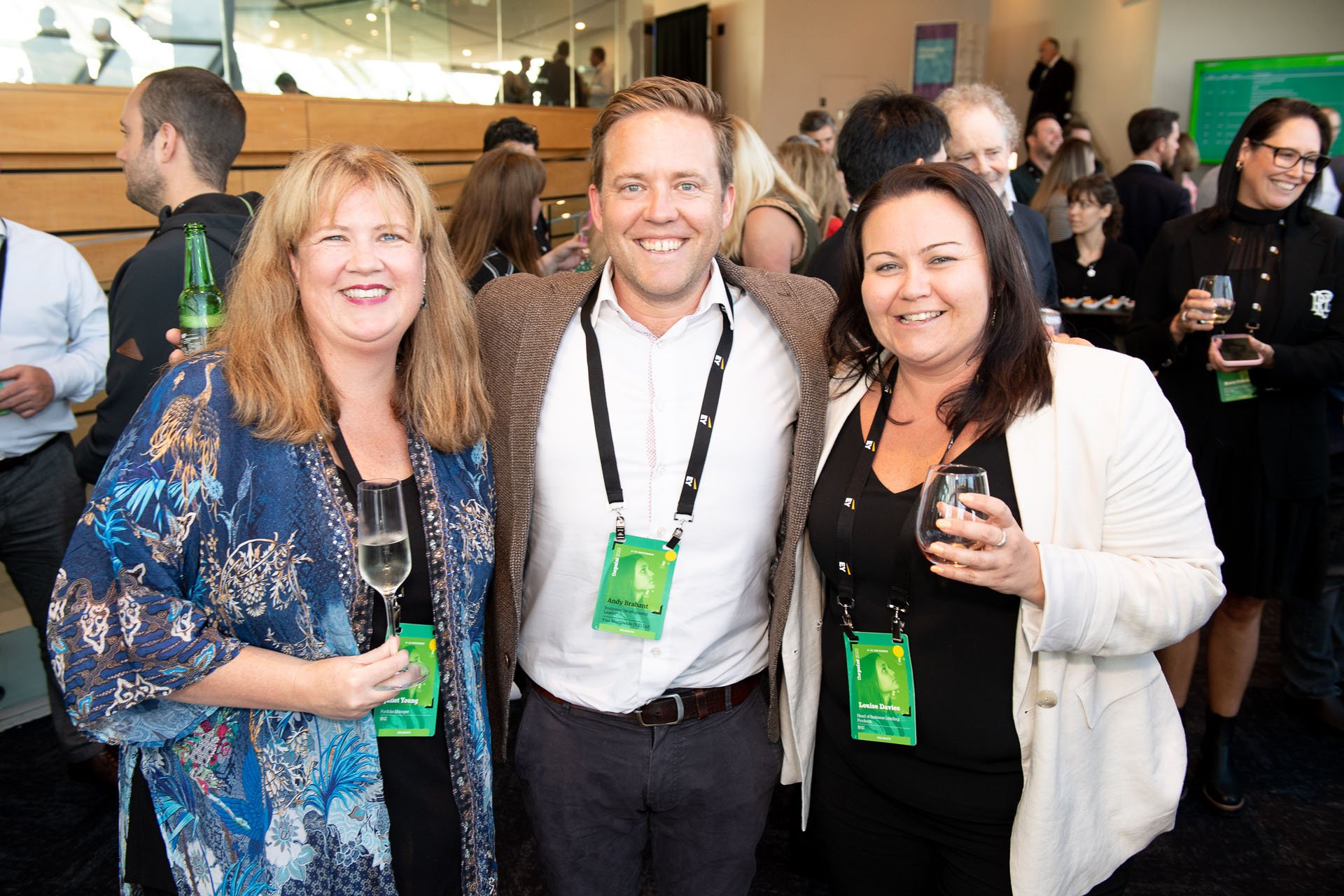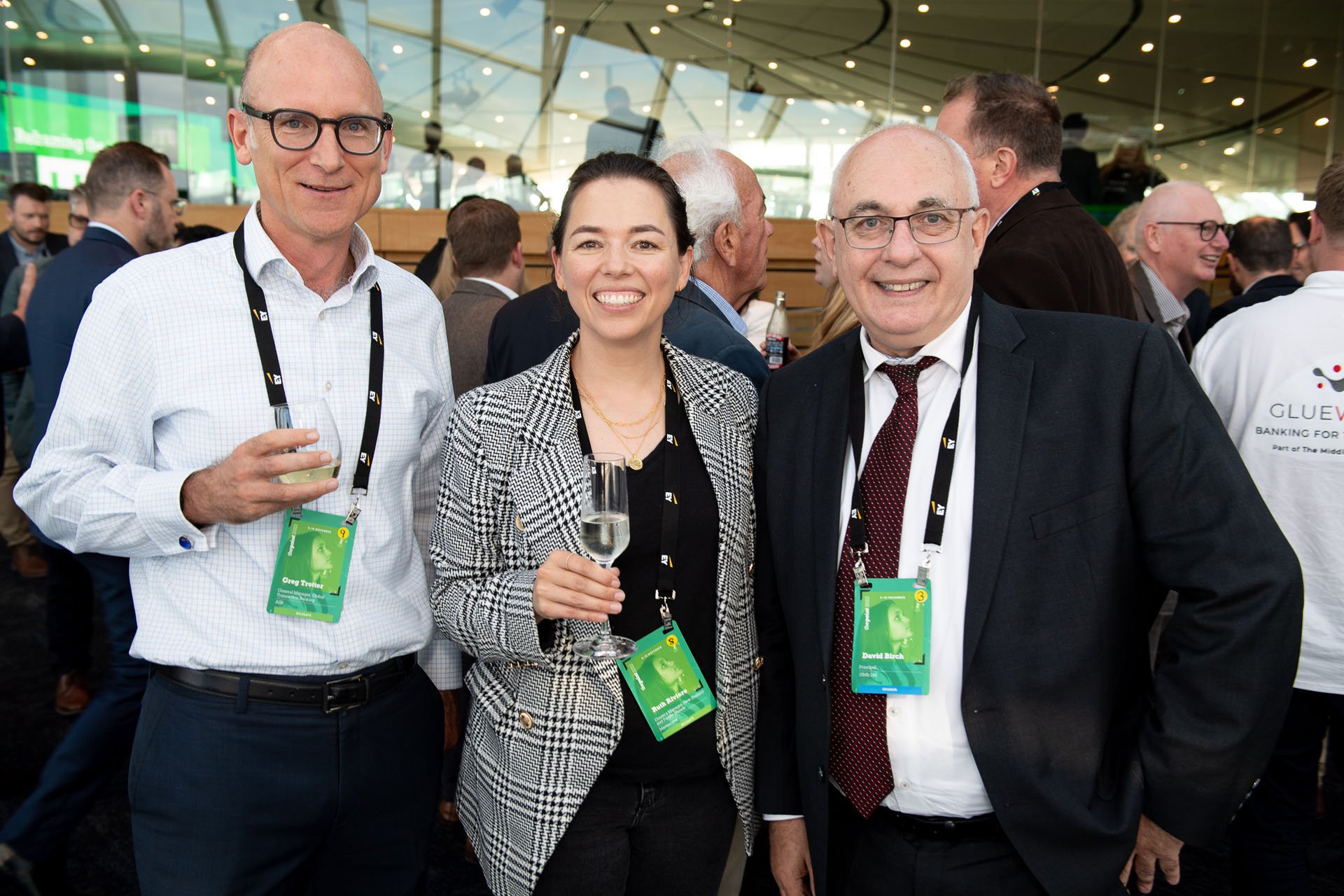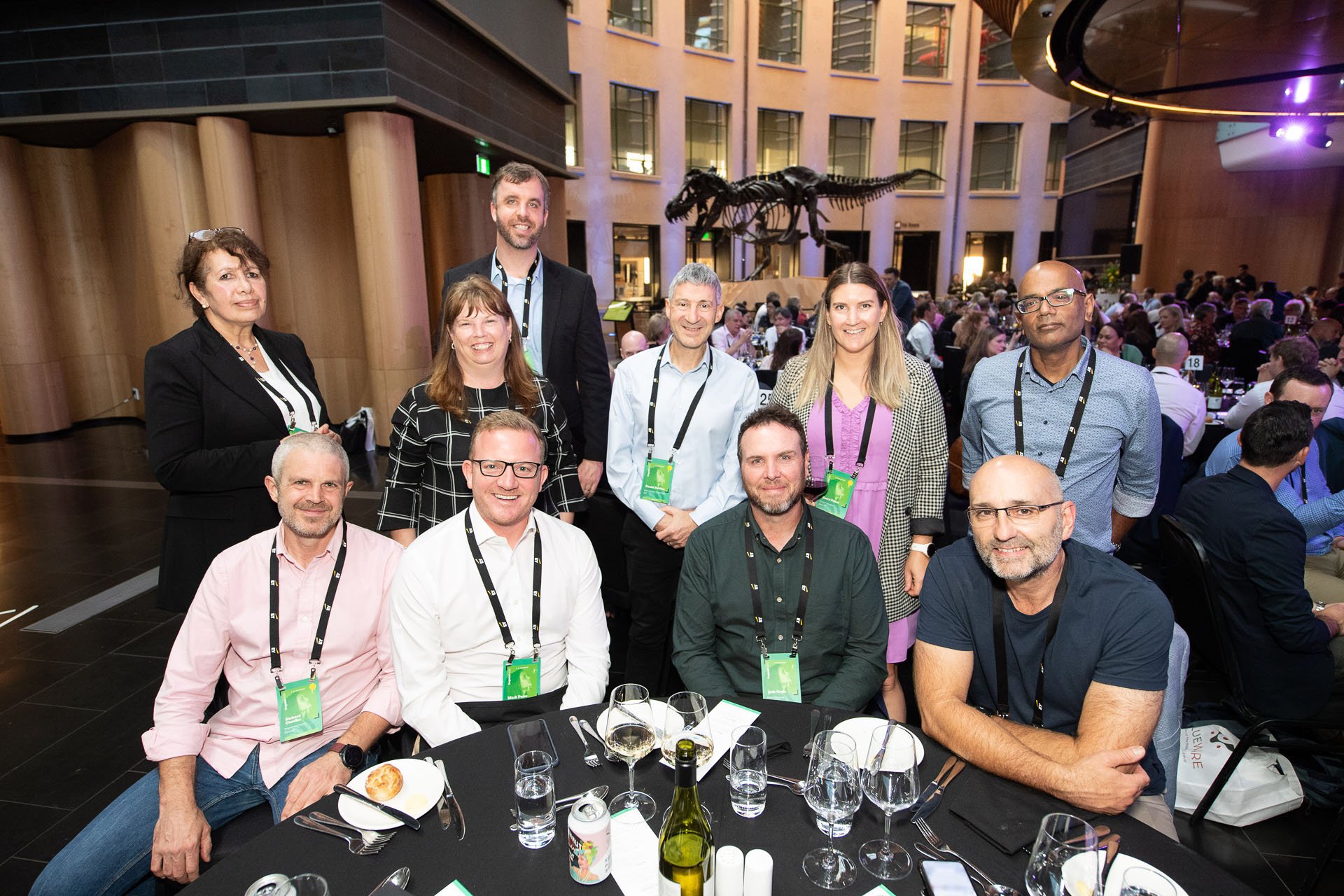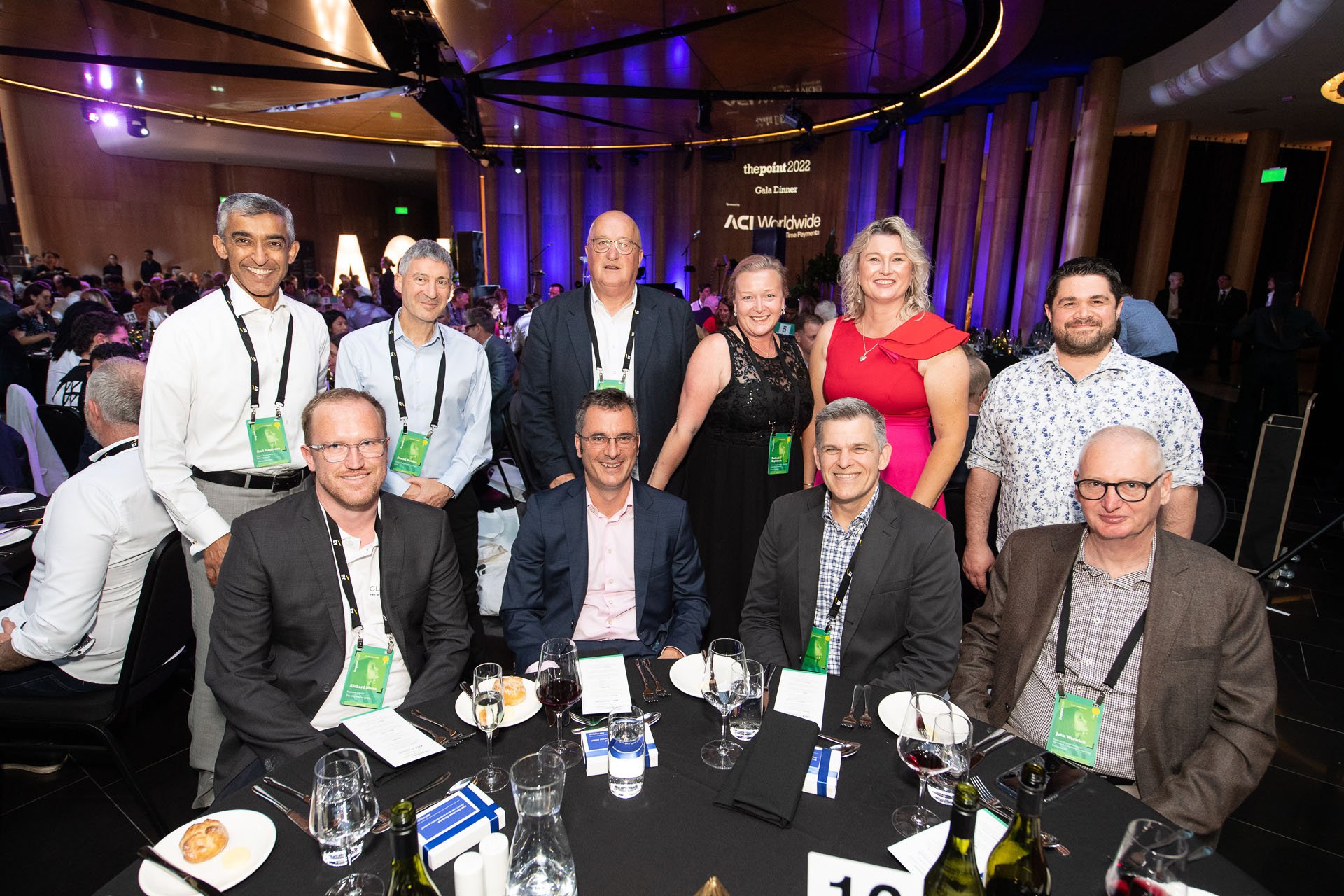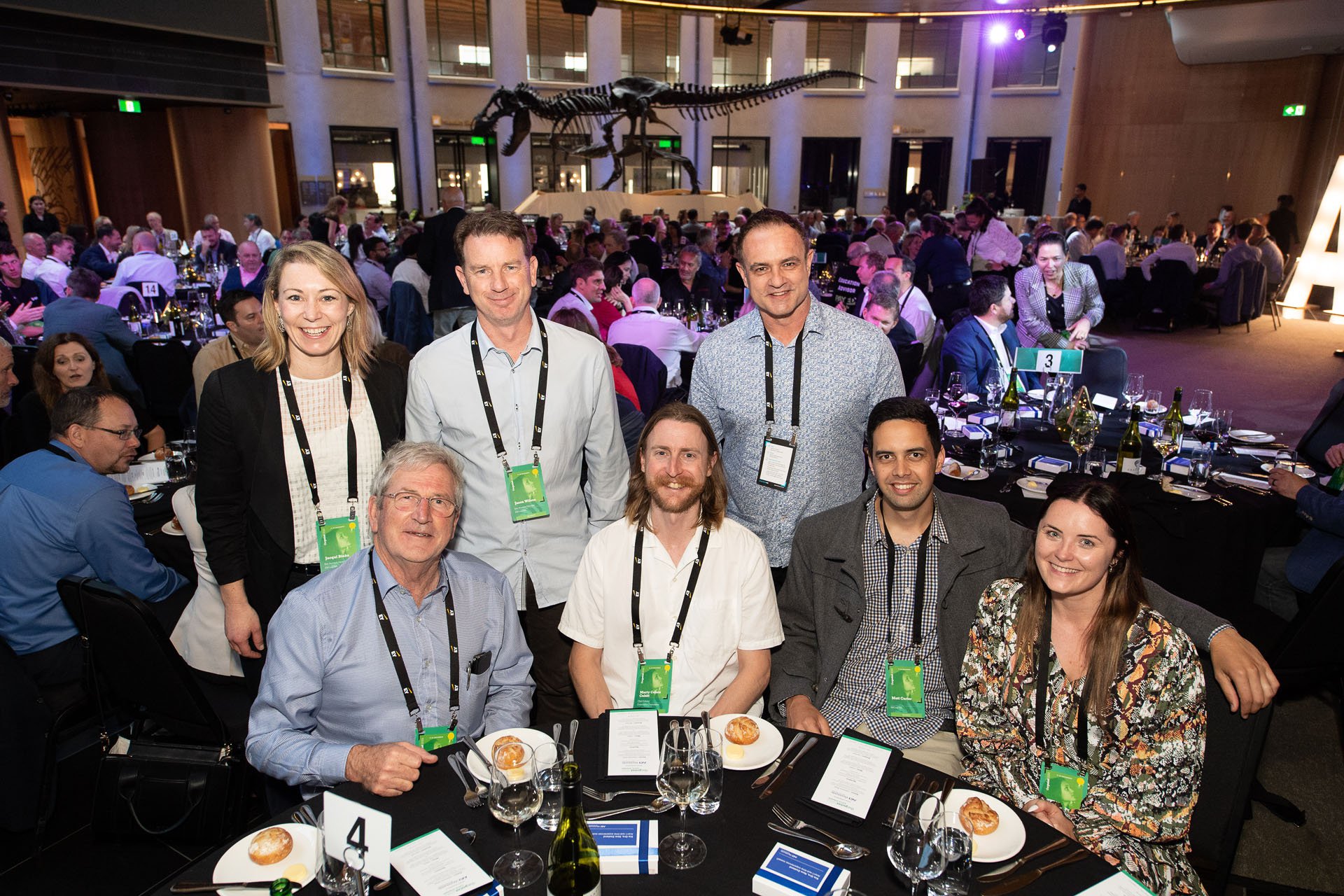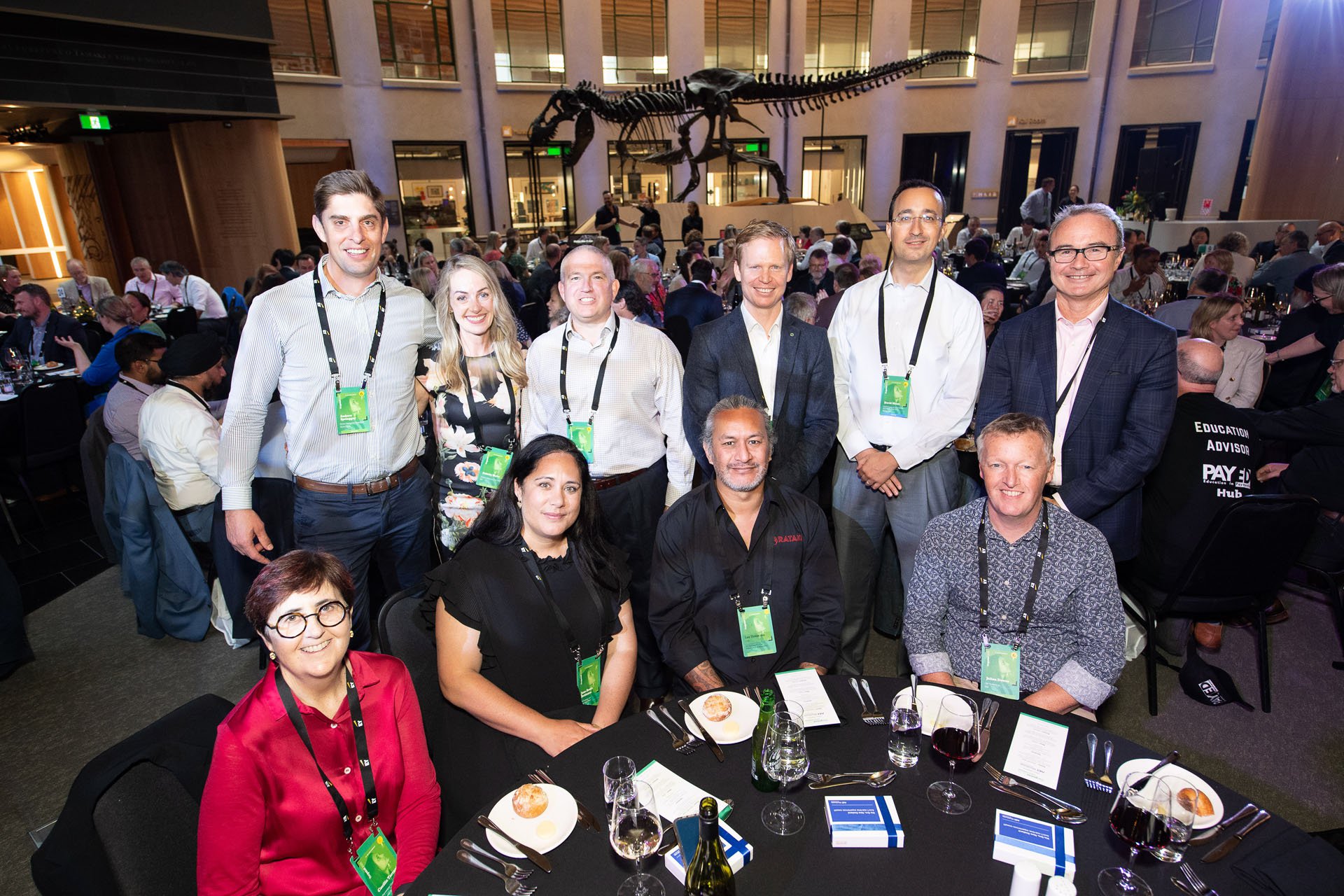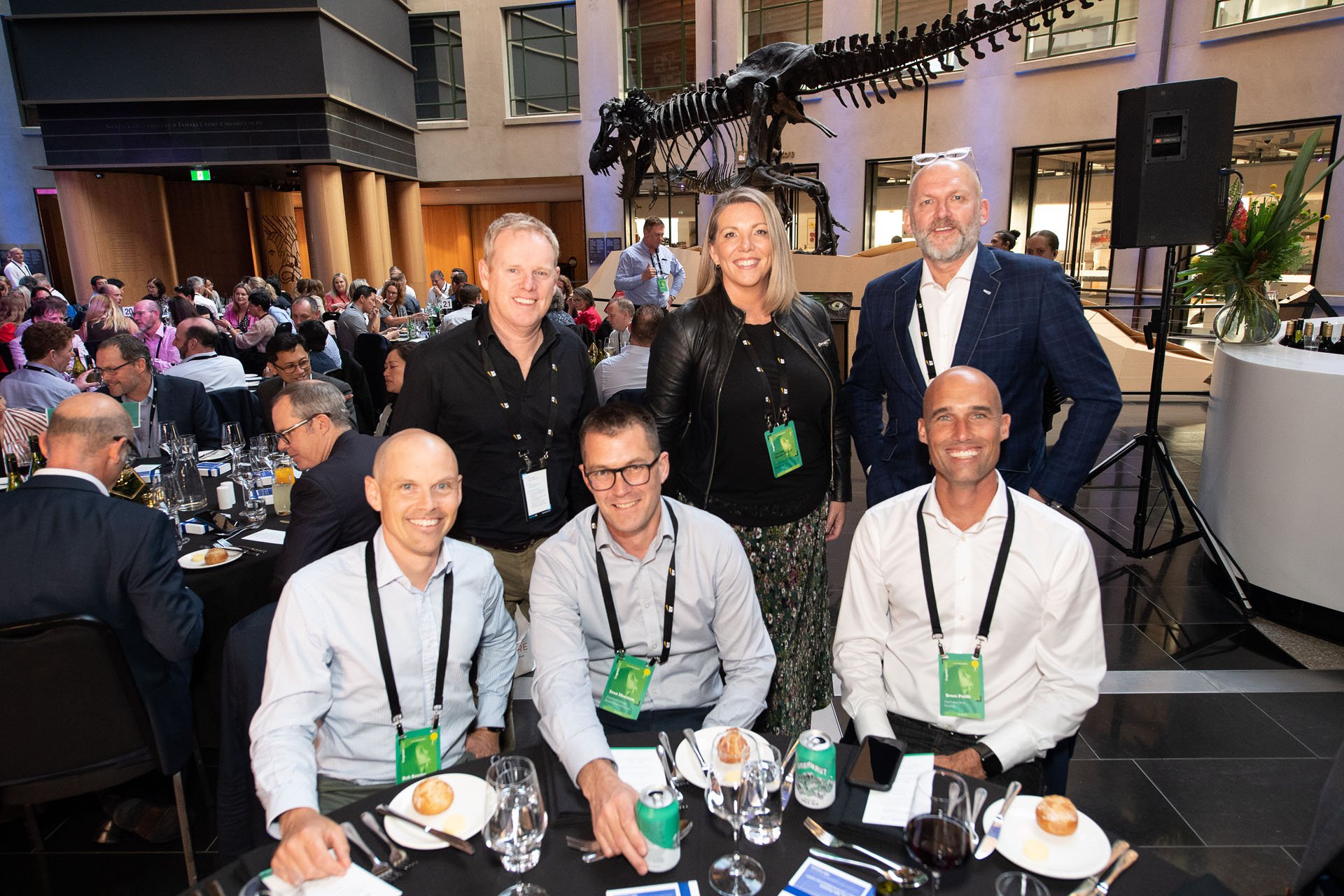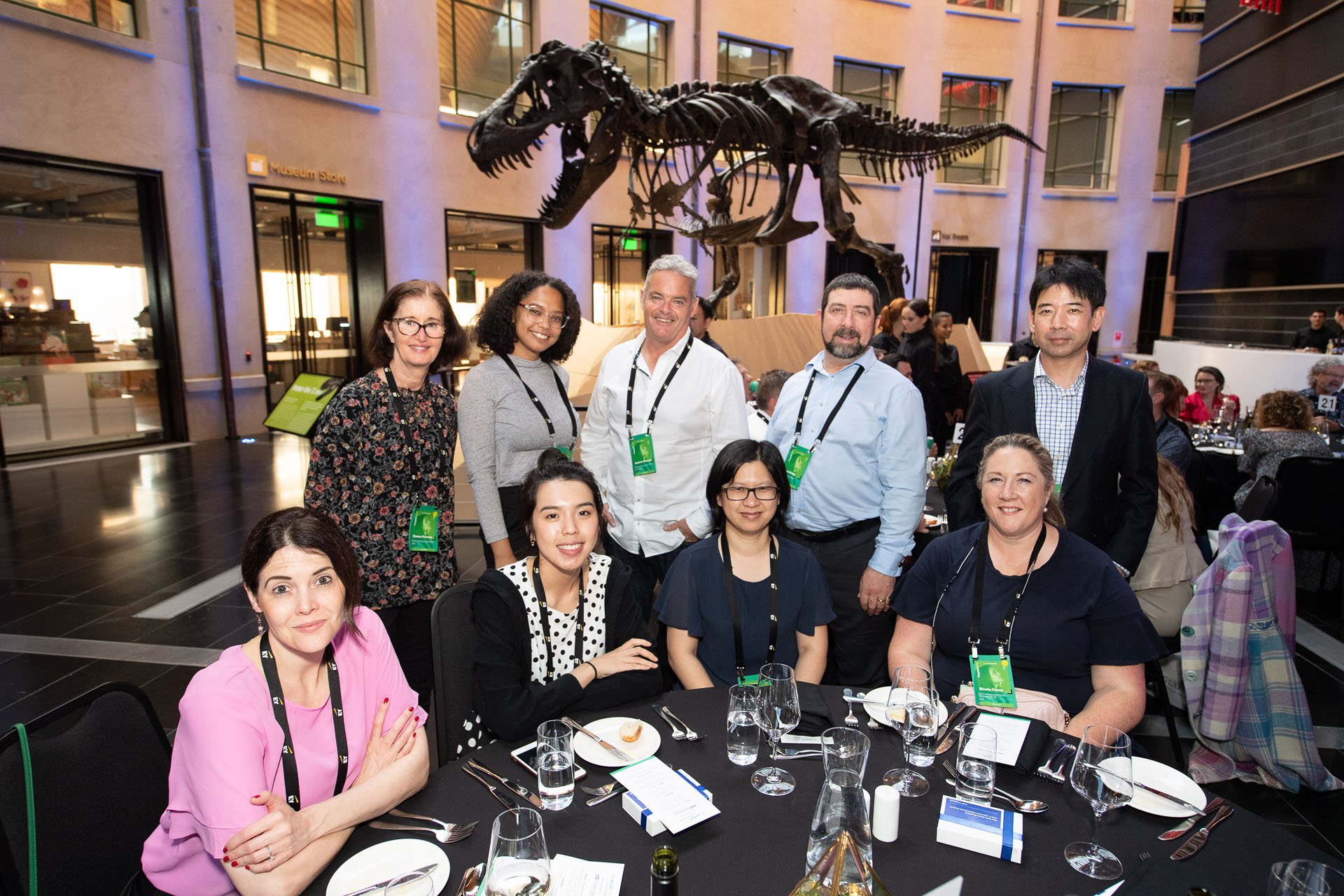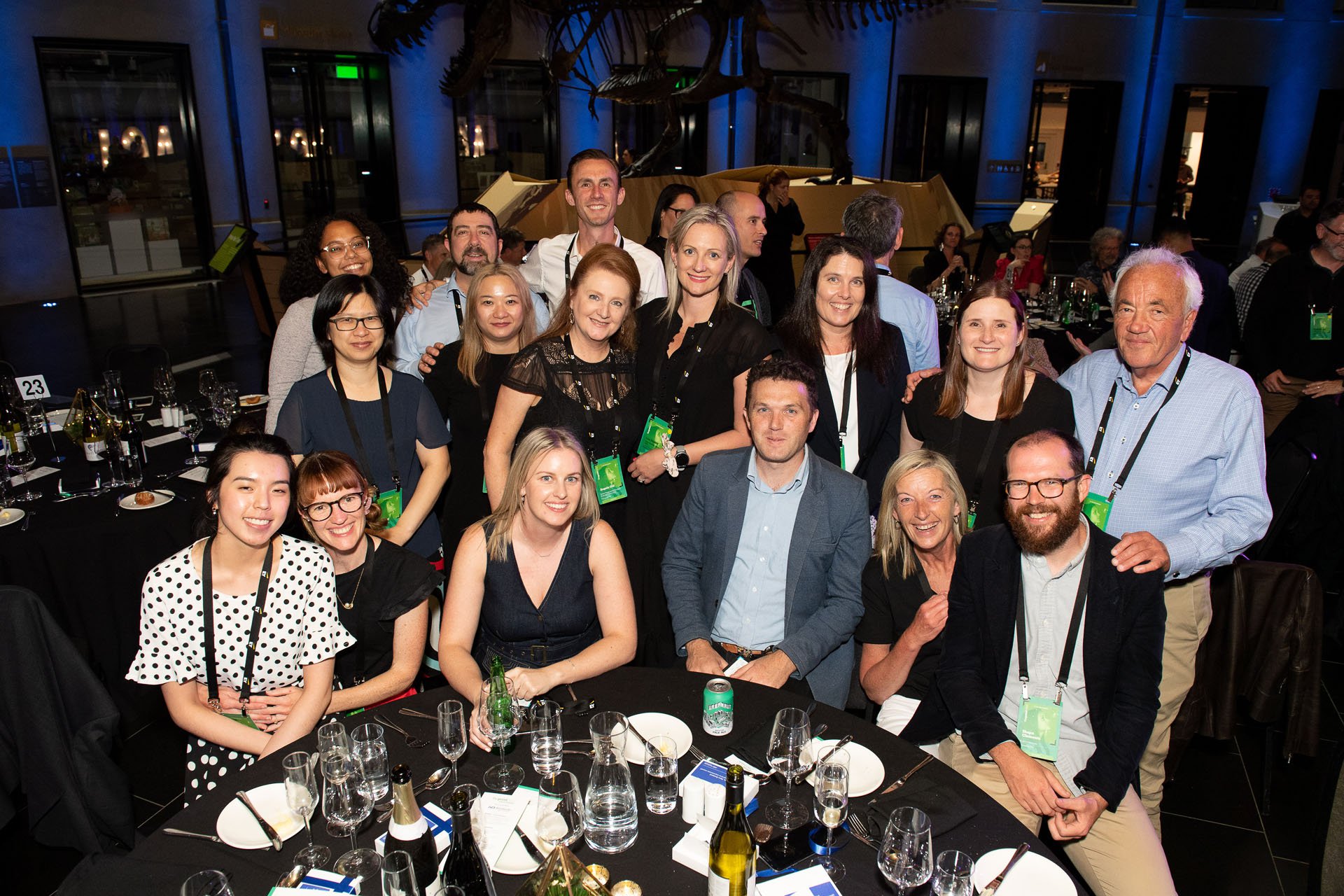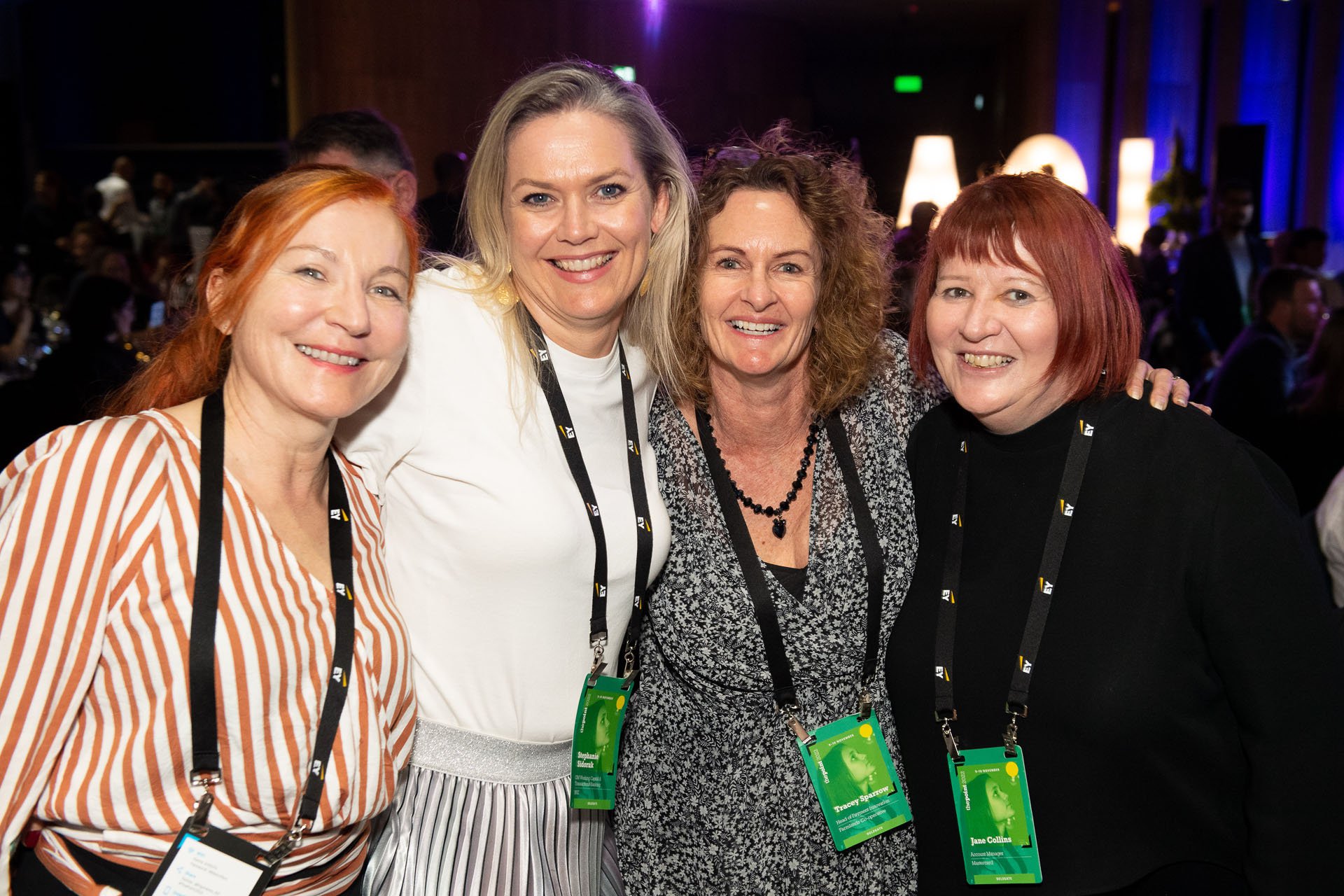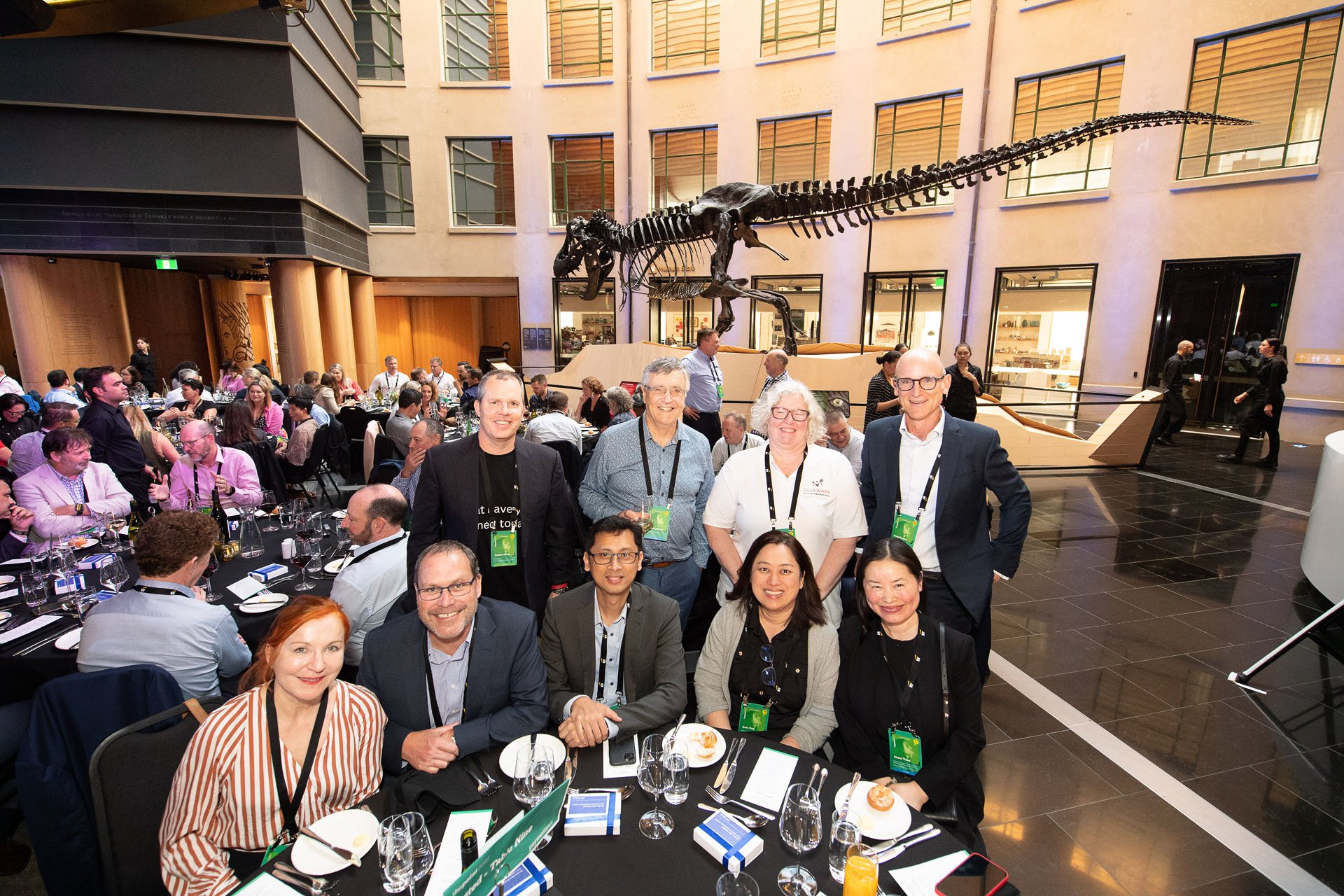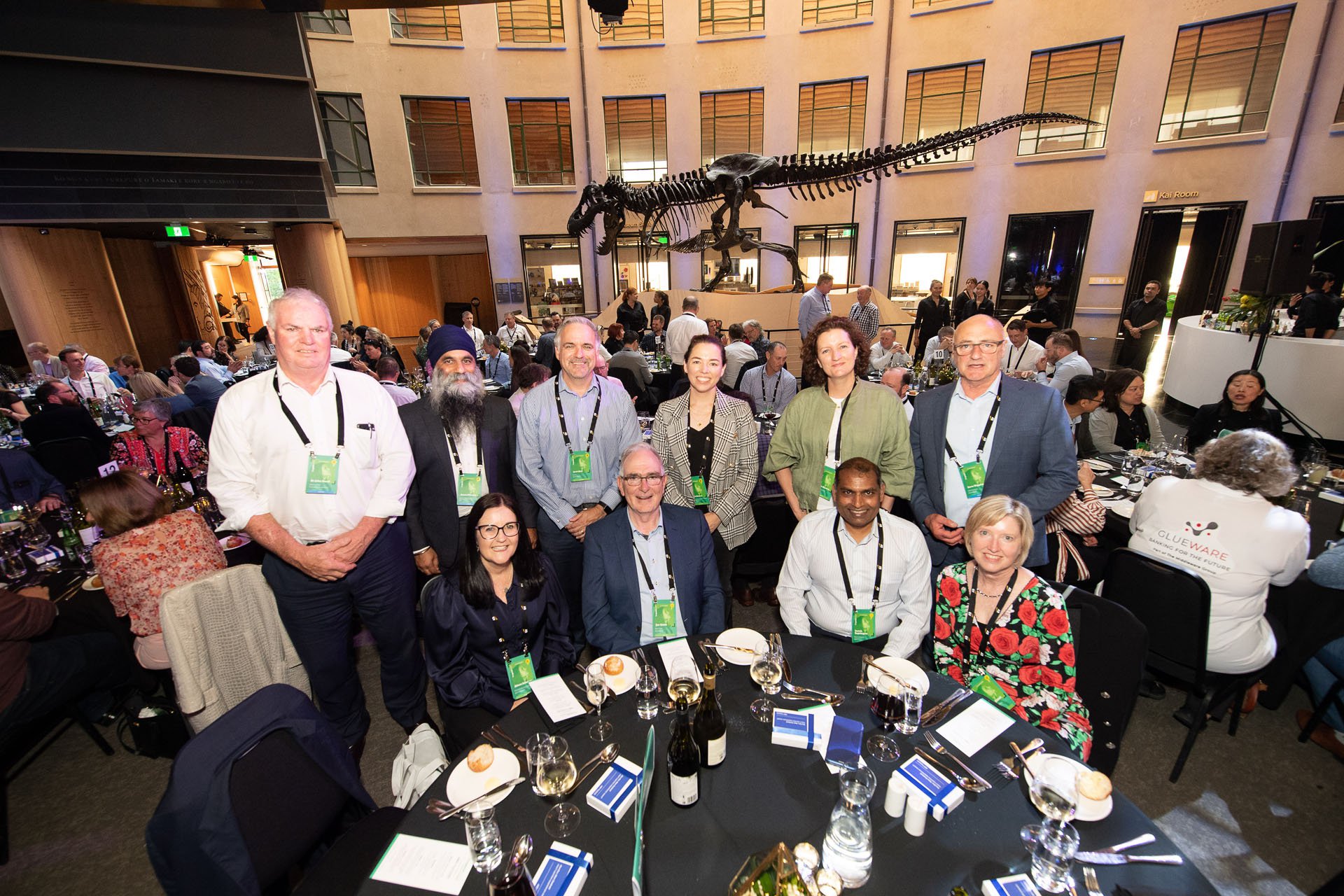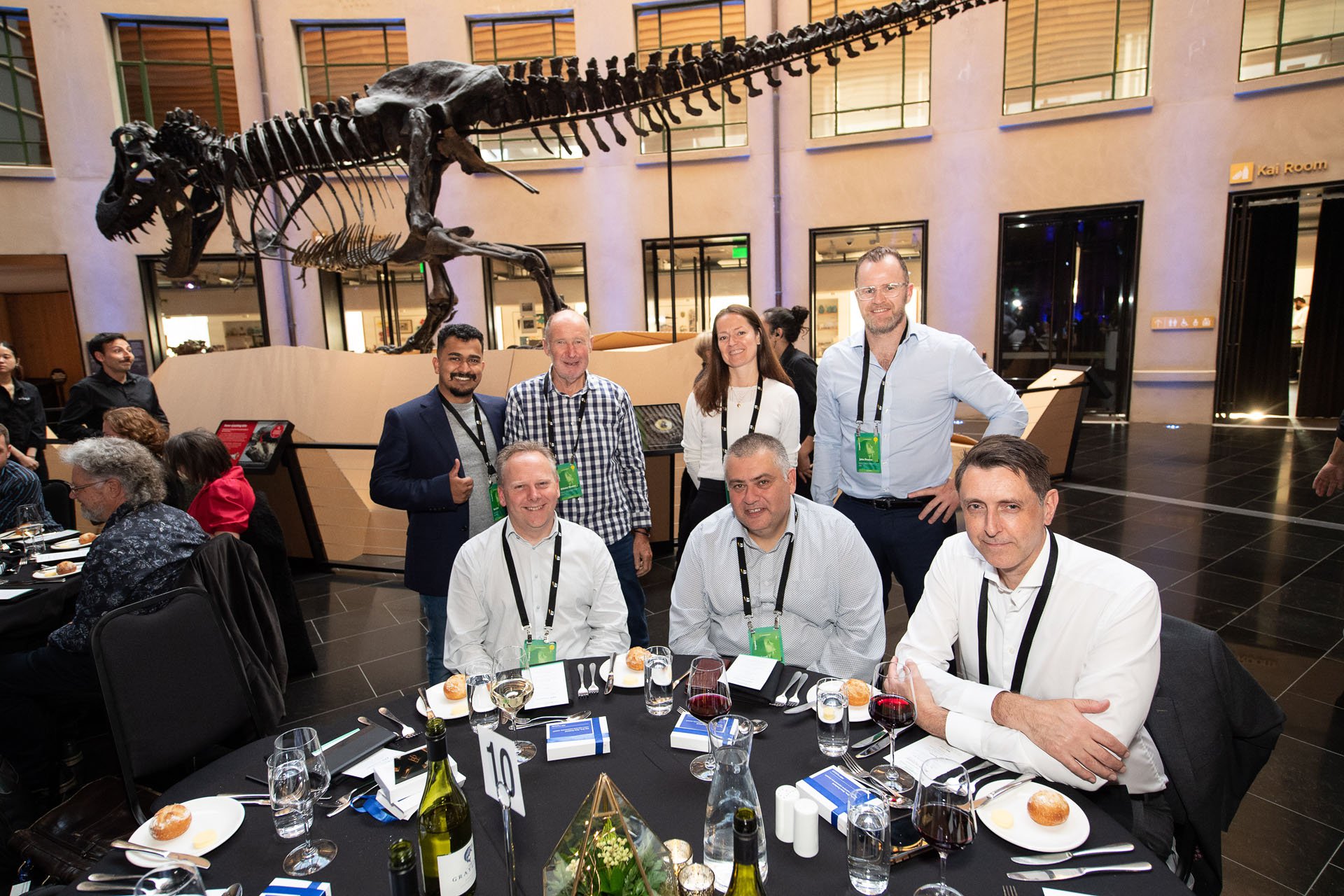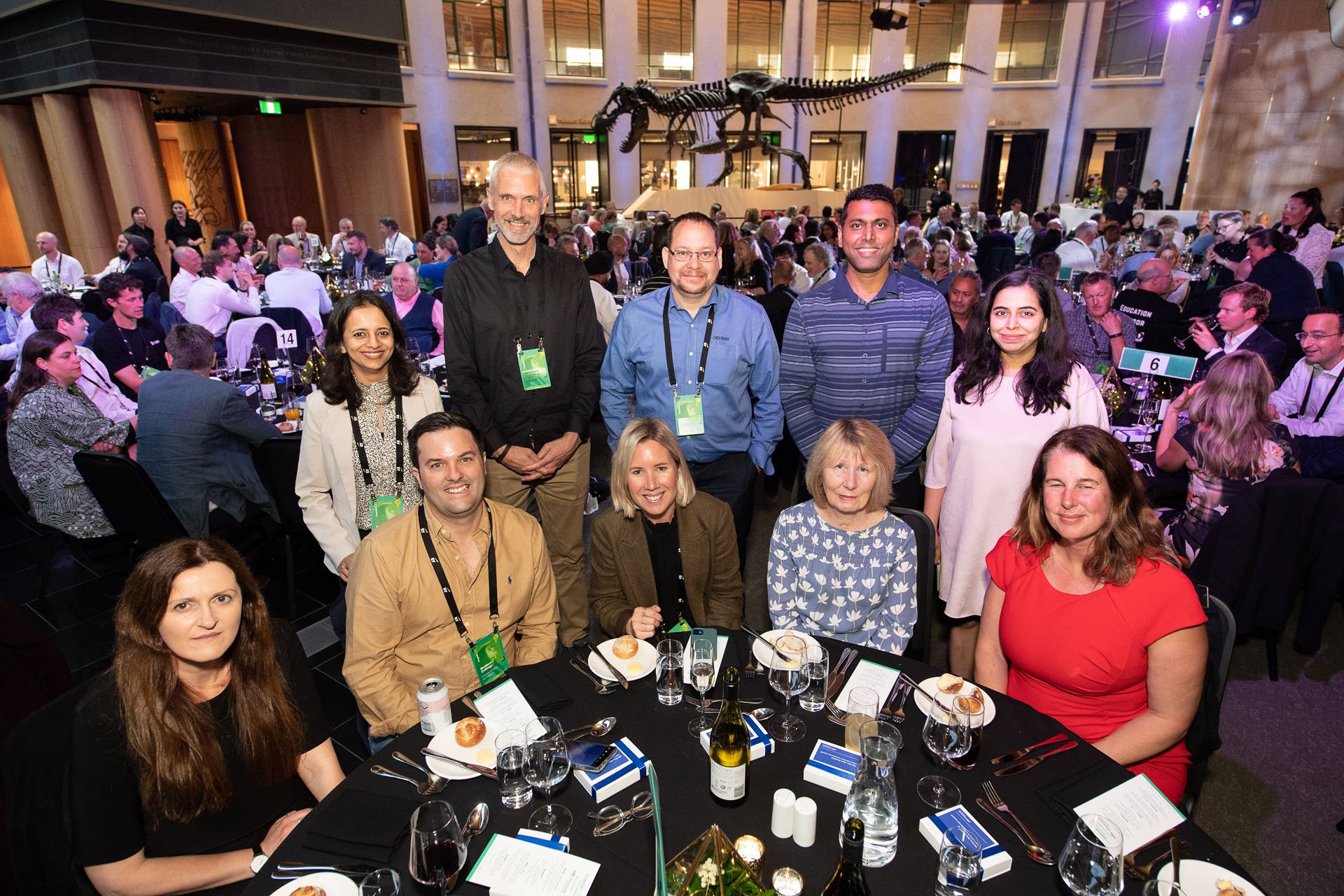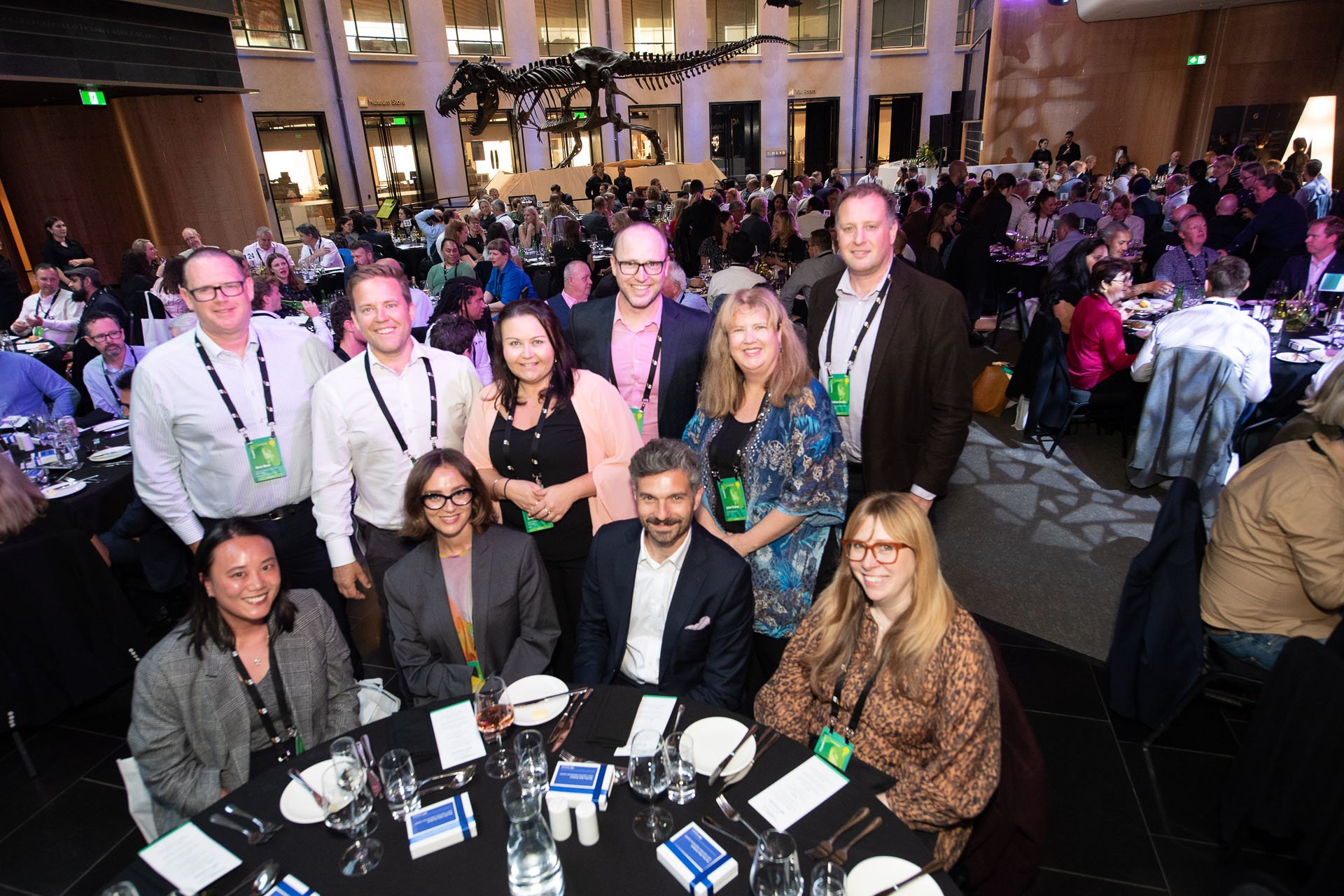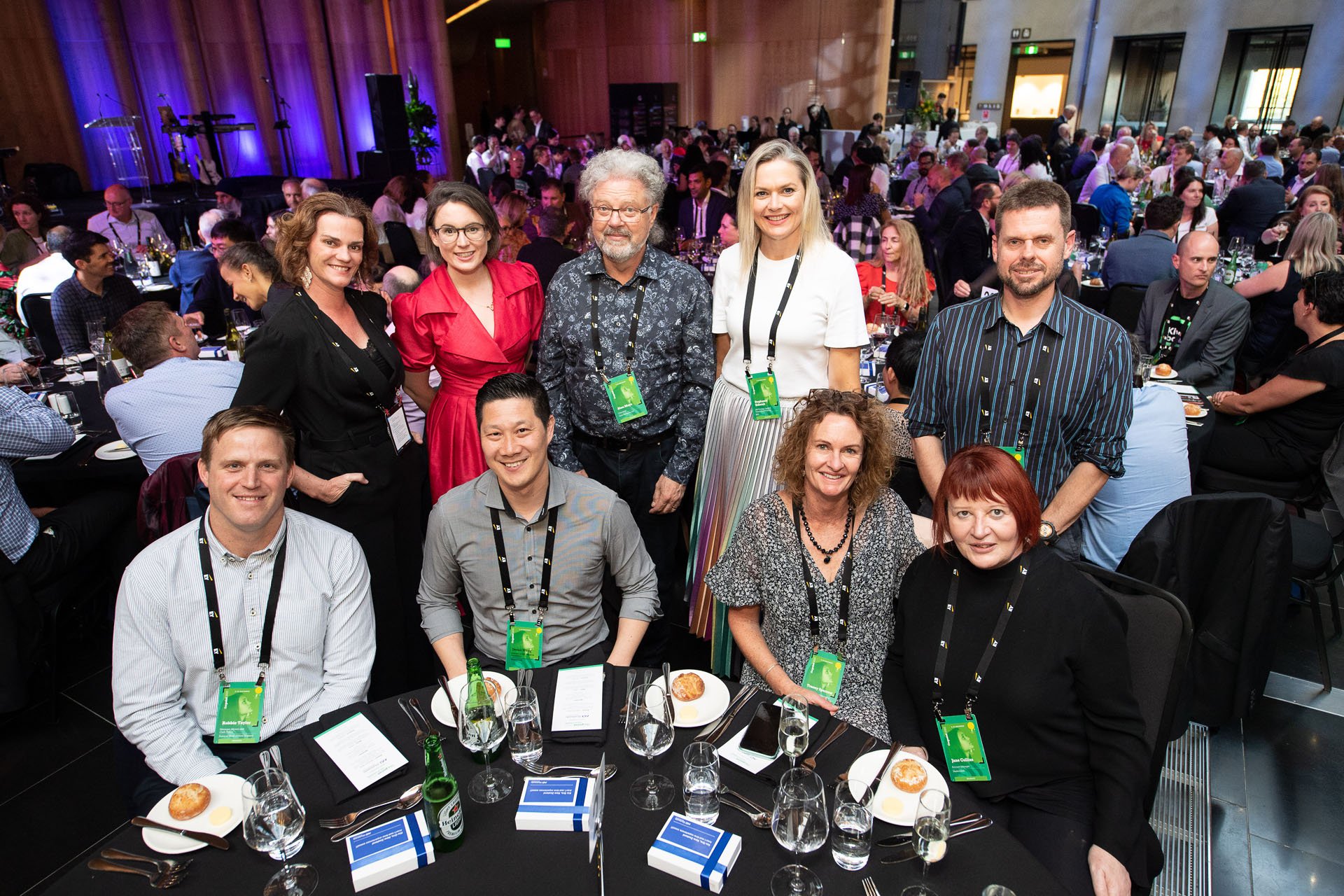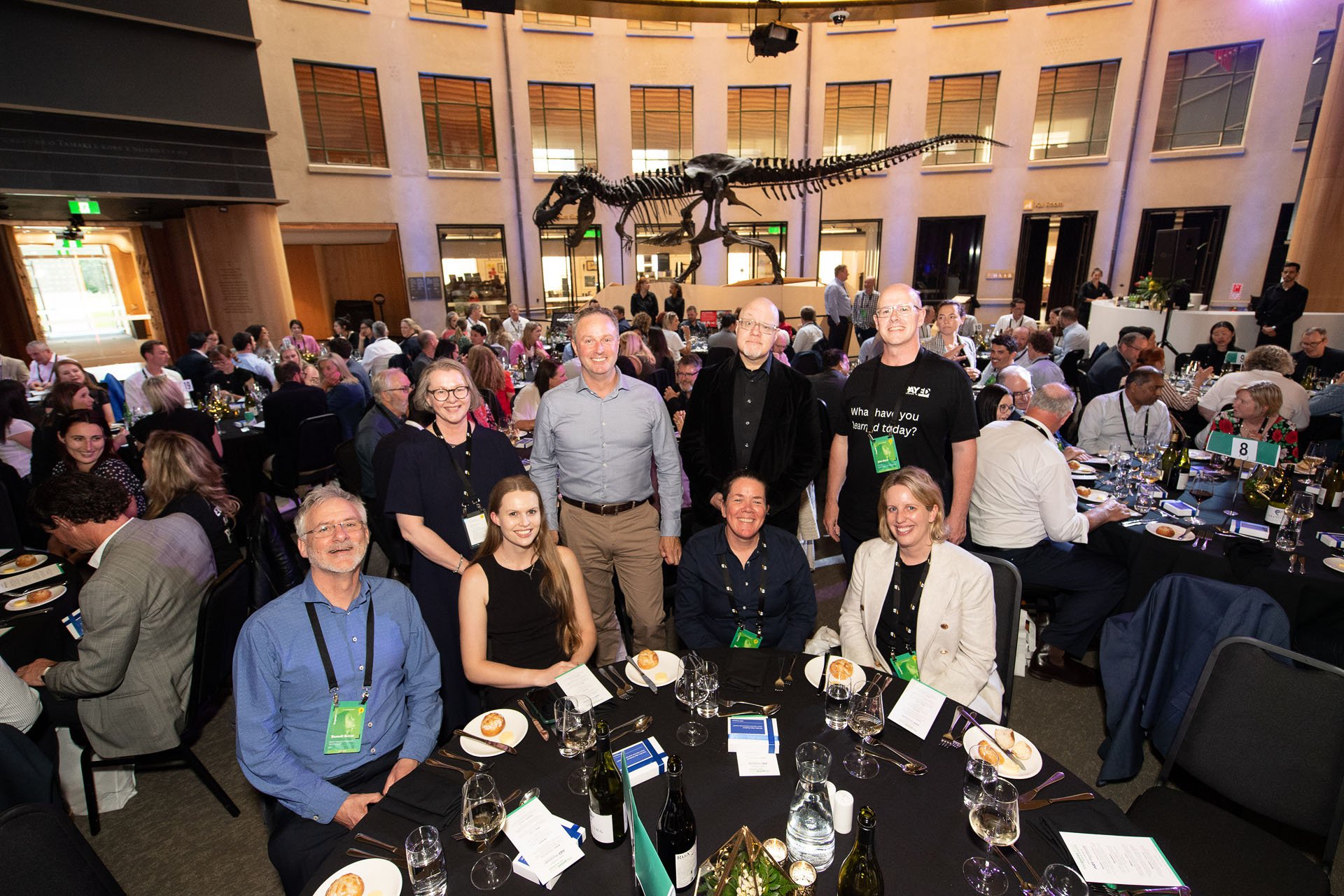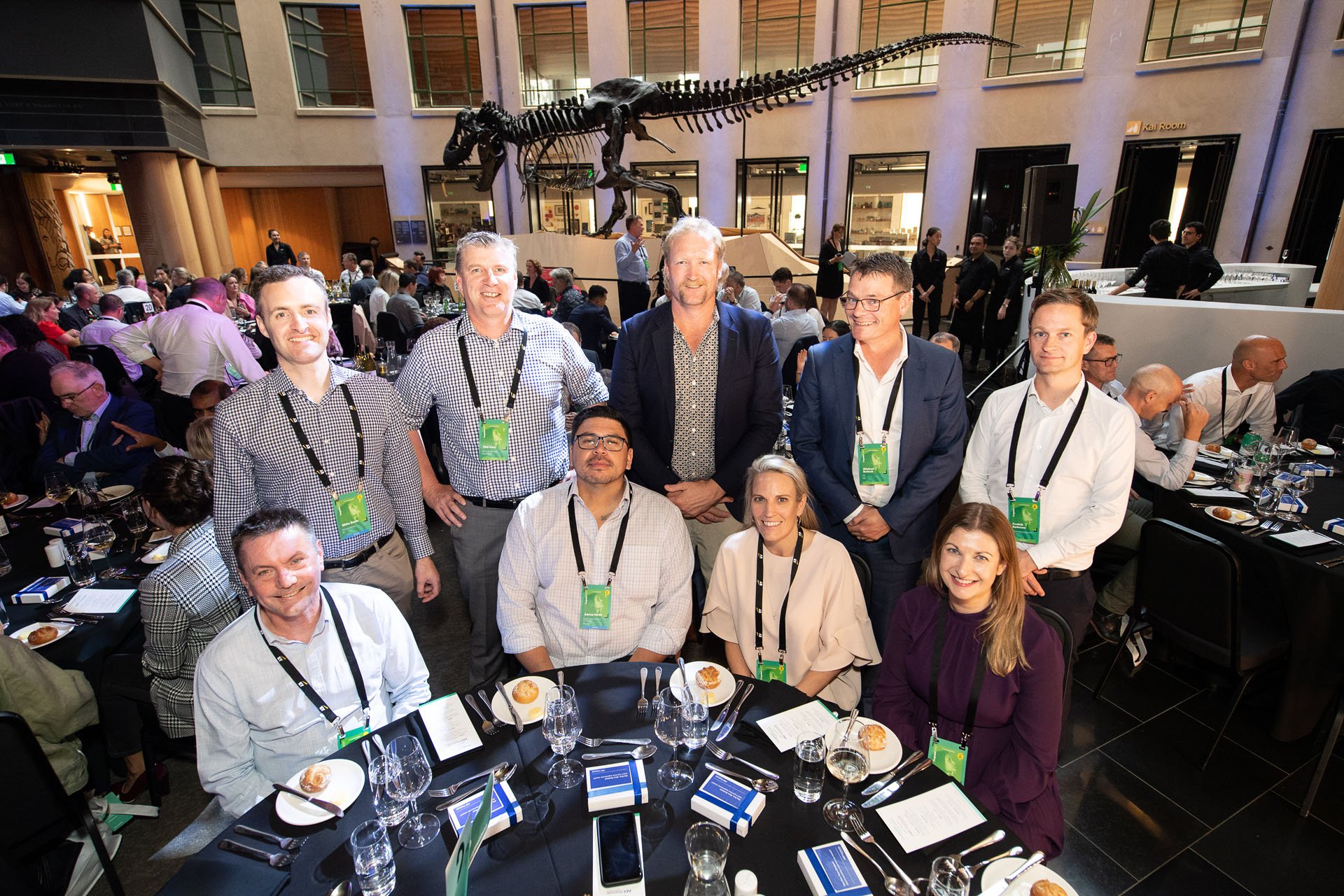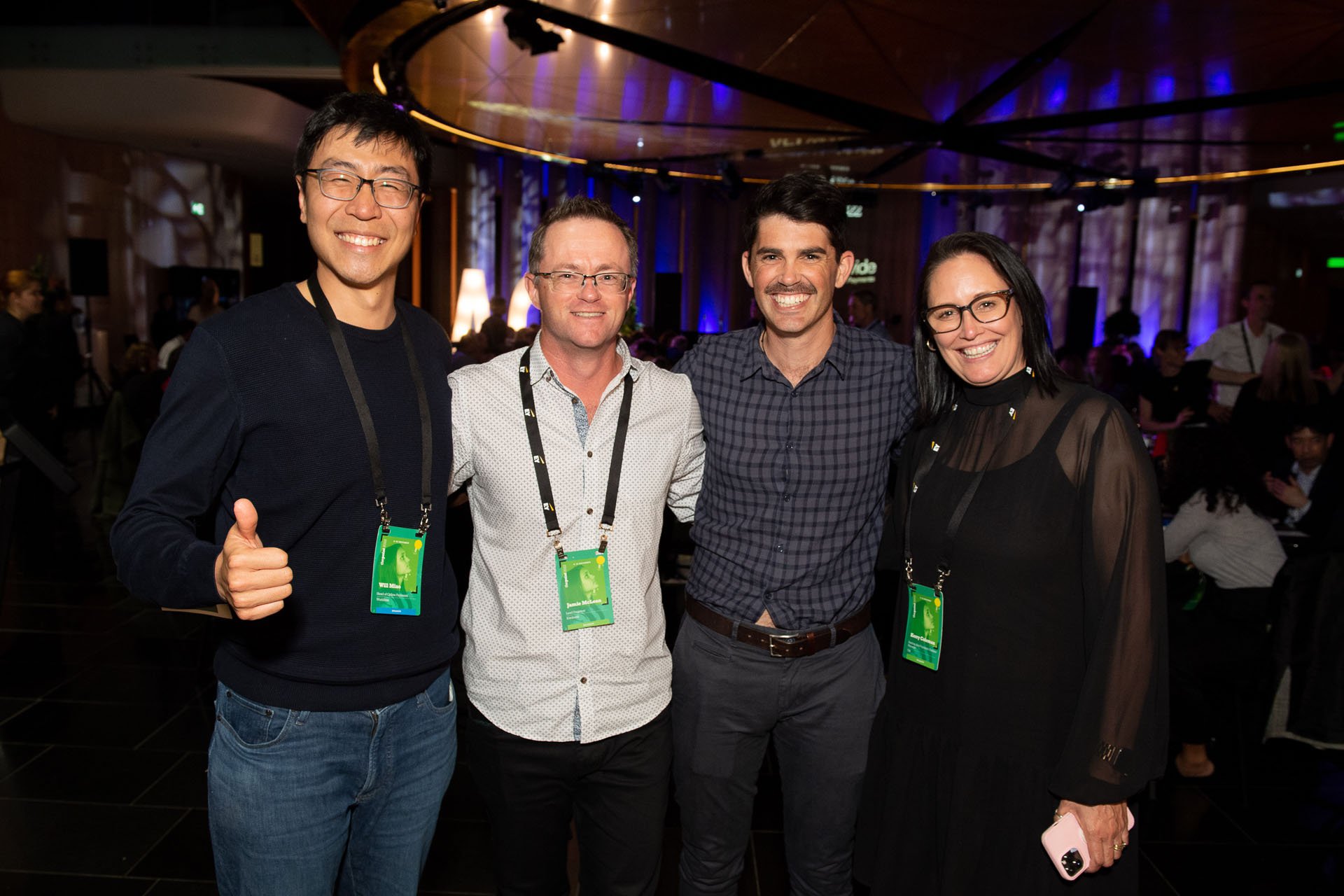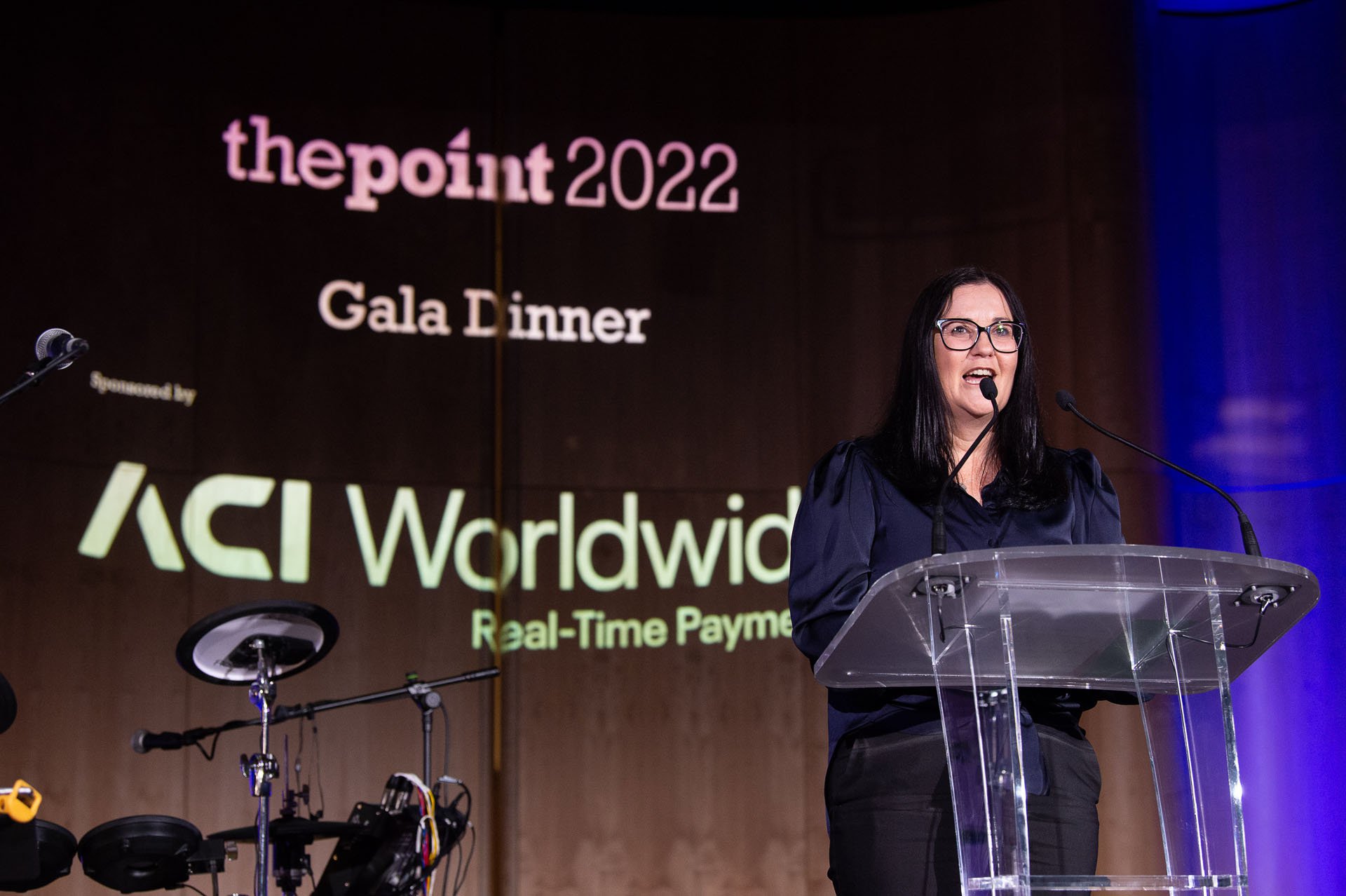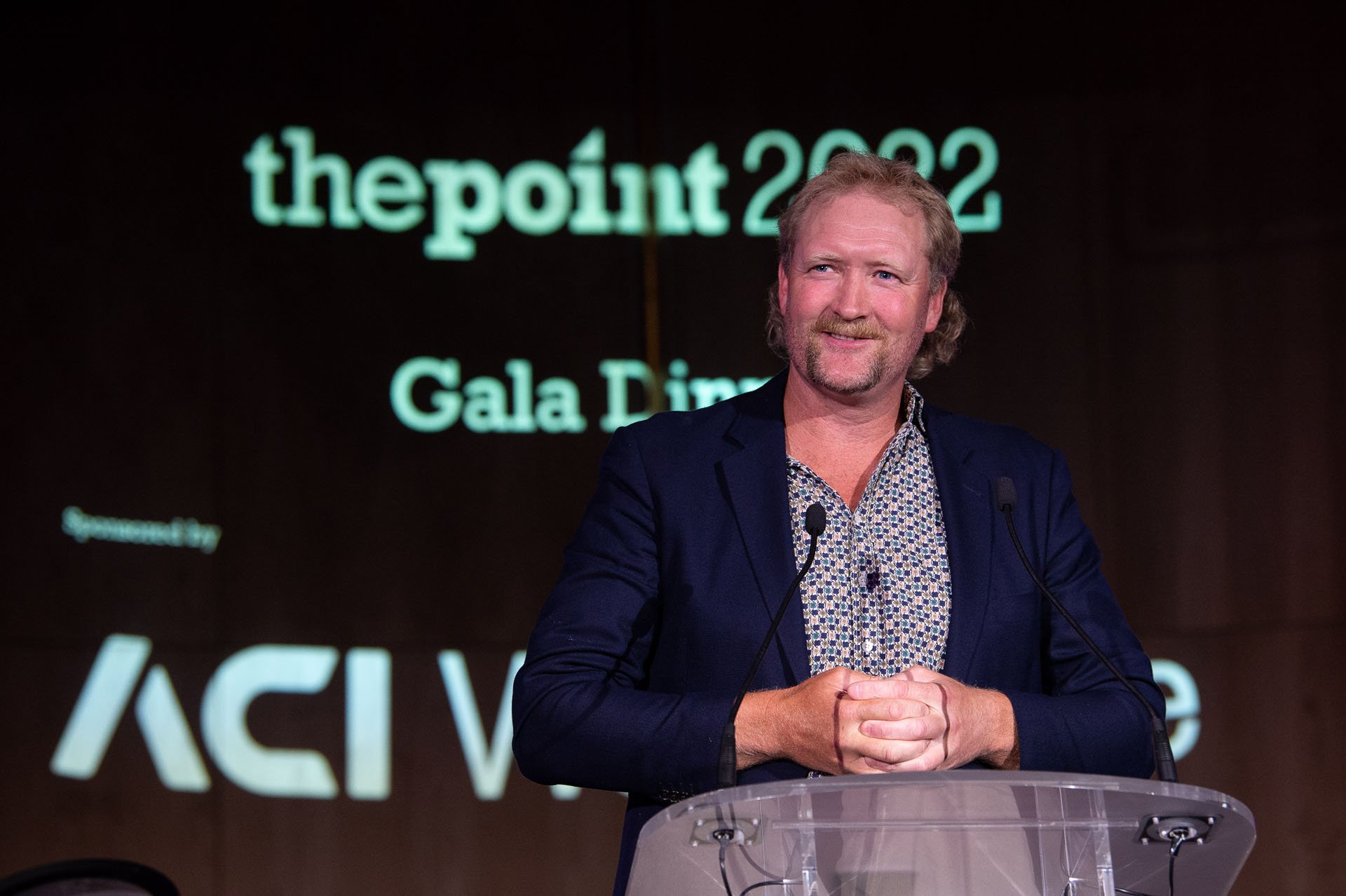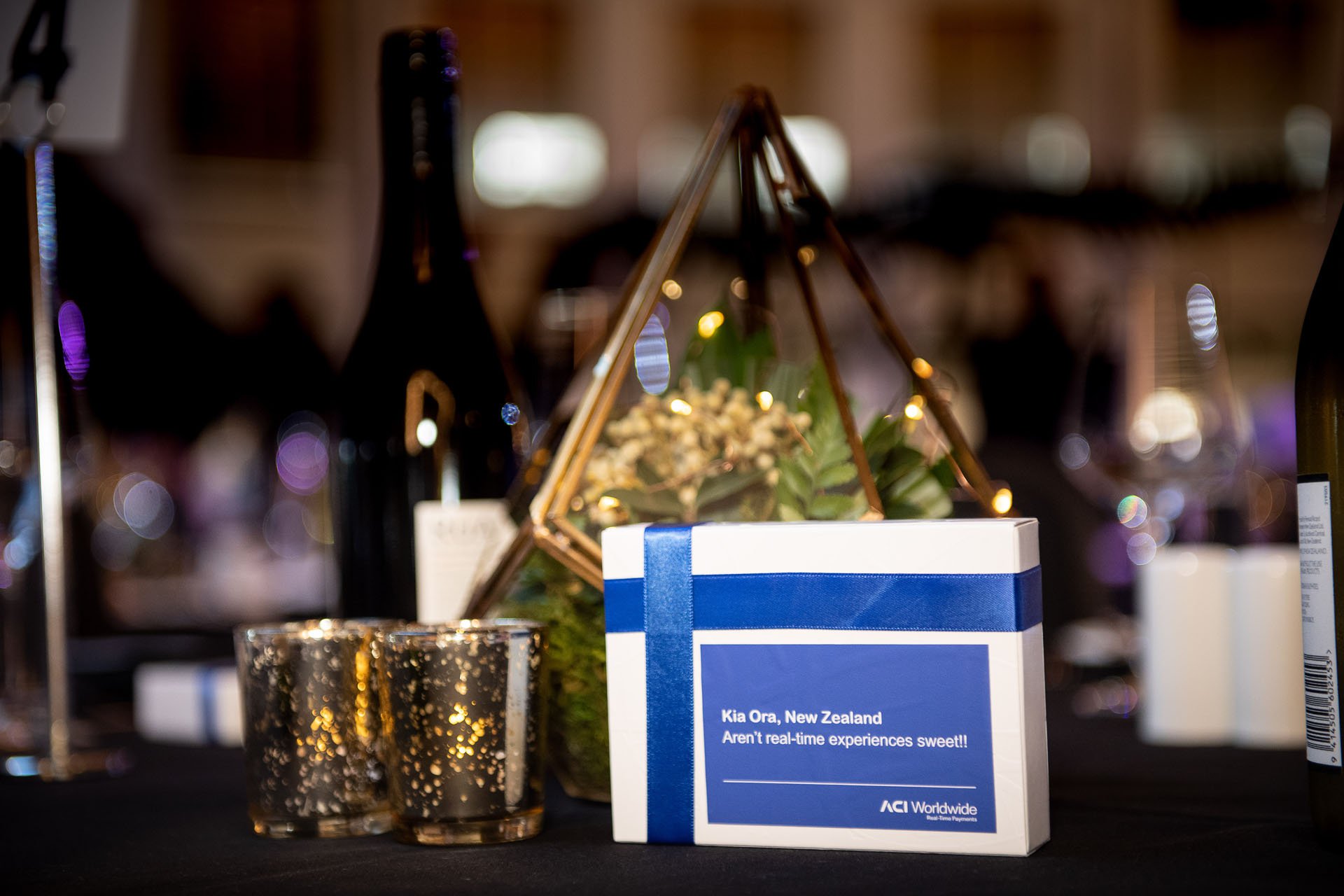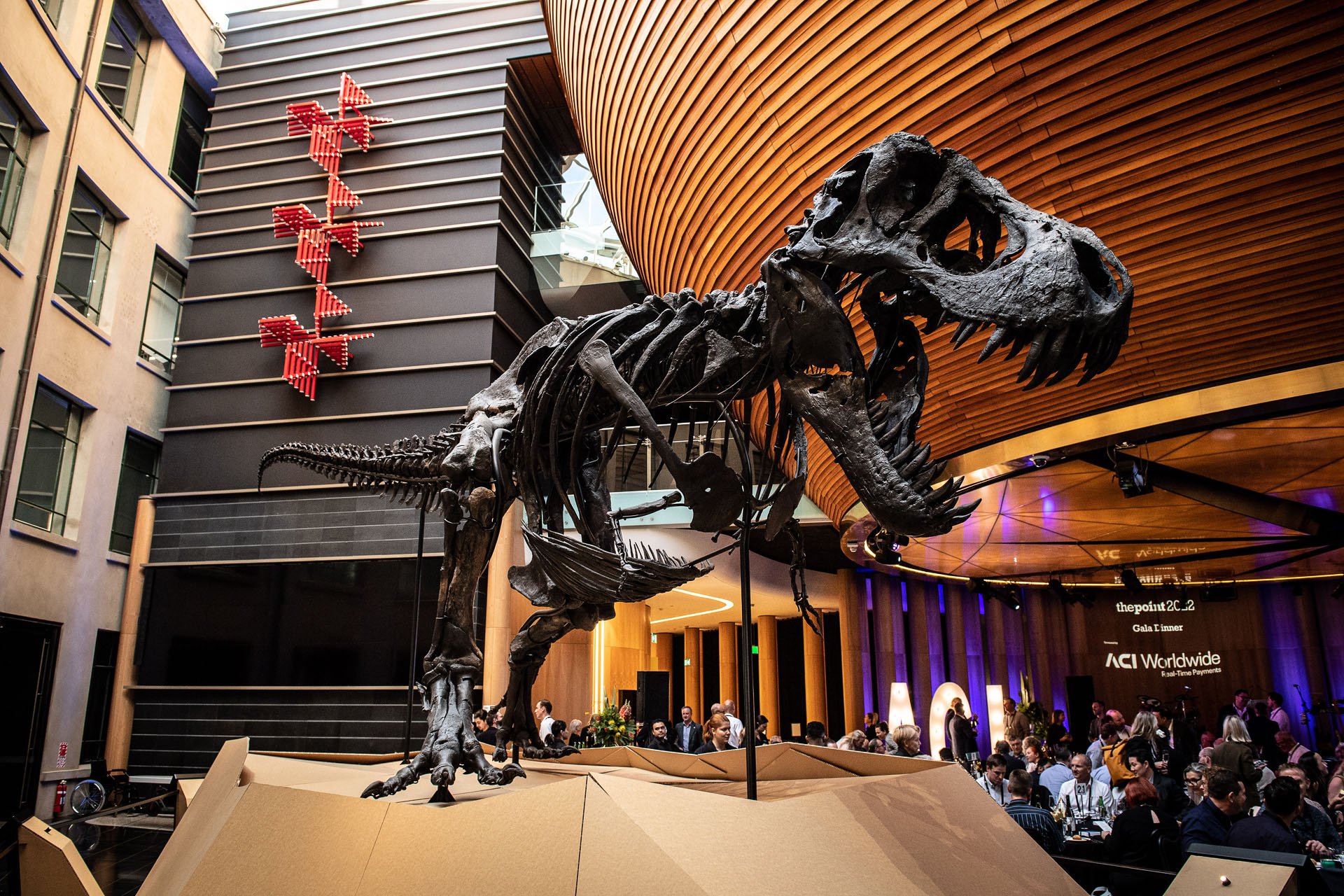Here are our top insights from day 1 of The Point 2022, in no particular order.
It’s becoming harder and harder to figure out who we can trust
Trust is really an issue of integrity, and that comes down to believing that an institution or entity’s interests are aligned with your own best interests, according to UK author and leading expert on trust in the modern world, Rachel Botsman. In her keynote presentation, she talked about the world being currently in the midst of the third biggest trust shift in human history, most recently moving from an institutional model to a distributed one. This has been caused by major technological disruption and it has impacted who people choose to give their trust to, for example, trusting in social media sources rather than traditional news media.
In the payments innovation panel, Mark Colley, Senior Manager at Red Bird Ventures said the next generation has a really different view of trust. So businesses need think about what and who they might choose to trust. Our assumption is that younger generations are giving up their personal data easily and for nothing. However, that’s not necessarily true in financial services as there’s something fundamentally different about who you trust with your money, said Mark.
The trust pause and the trust leap
Trust leaps happen when you ask someone to take a risk or do something differently by asking them to move from the known, safe, and familiar into the unknown, said trust expert Rachel. Between those two states is a big sea of uncertainty. Speed can be the enemy of trust, and sometimes introducing a ‘trust pause’ can help people give their trust to the right people, she said. Our Chief Executive Steve Wiggins said the payments industry are familiar with the idea of trust pauses, they just call them adding friction back into the process.
In the world of finance, people are being asked to leap higher and faster than ever before, said Rachel. Ultimately, trust is highly subjective and personal. A good start for organisations struggling with the issue of customer trust is to take time to understand what trust state their customers are in before introducing them to new systems and technologies.
The carbon coin – the currency of the future?
In an amusing joint session, UK author and financial services commentator Dave Birch and futurist and author Brett King from the US, took on the challenge of trying to figure out how people might pay in the future. Dave spoke about how science didn’t predict credit cards, art did. So, the answer to the right payments solution for generations to come could lie in popular sci-fi. He saw the role of cash as being post-functional and limited to ceremonial purposes.
Brett speculated that due to the climate change crisis and the potential mobilisation of assets around the world to mitigate climate change, there was quite a strong possibility that a global carbon coin could become reality. A carbon coin could incentivise people to do things like carbon capture, which would help with climate efforts.
There’s a ‘revived’ buzzword in town – co-opetition
Mark from Redbird Ventures said the key word is co-opetition (an amalgam of competition and cooperation), and it’s the key to having more innovation that benefits consumers. The industry needs to pull together initially to create the market, and then fight to get a slice of the pie later. They also need to figure out what will work for all parties involved. Partnerships should be strategic to both fintechs and the banks, and fintechs on their part should also make sure they’re “bank-ready”.
In his session on the future of payments infrastructure, Aman Cheema, Senior Vice President and General Manager of Global Real Time Payments from FIS said while it’s all well and good for banks to compete with each other, the payments industry also needs to compete with each other, such as in what payment types they can offer. Customers want choice, but equally merchants also want choice about what rails they can use, from debit cards to open banking rails.
As an industry, we’ve got the power
Our Chief Executive Steve Wiggins wrapped up the day by saying as a payments industry, we can demonstrate leadership and make those changes to systems and processes for the greater good. Innovation is great, so let’s do it together, he said.
Aman Cheema from FIS said the payments community globally needs to keep up with the pace of change. Regulators and central banks are doing what they need to do to ensure payment systems remain efficient, safe, secure, stable, and resilient. For the industry, having more competition across the whole payment stack is a good thing and competition is one of the key components to driving innovation.

